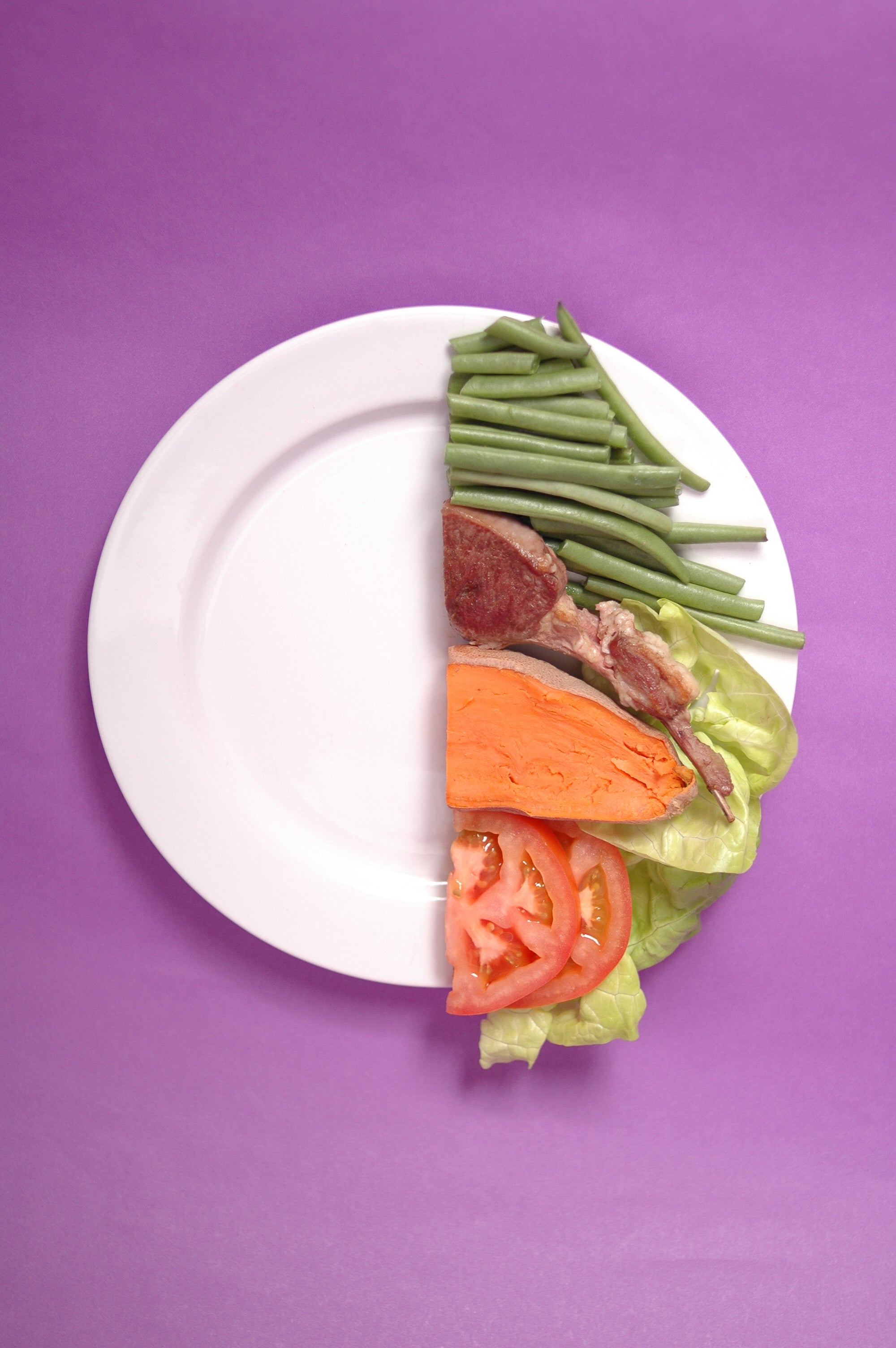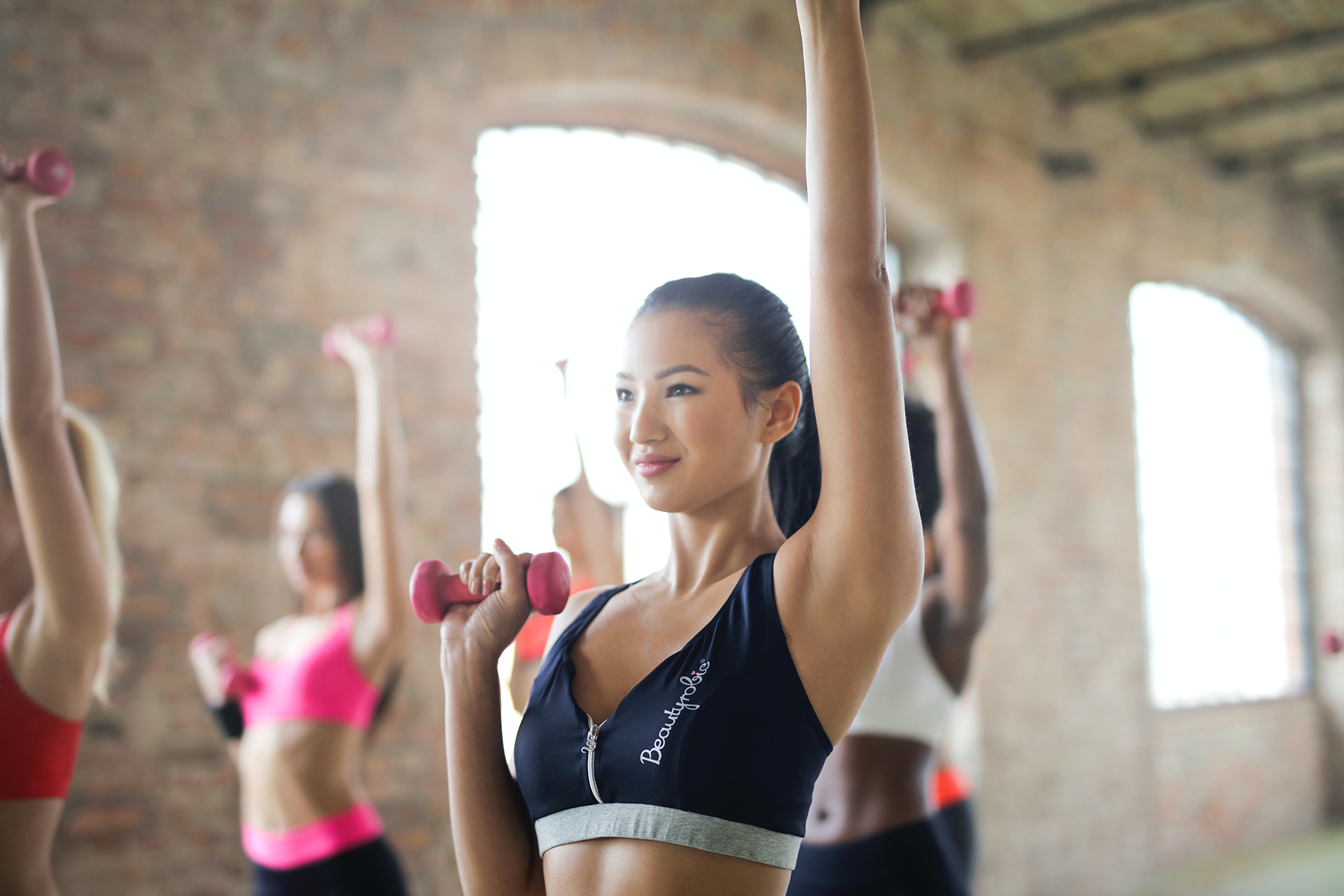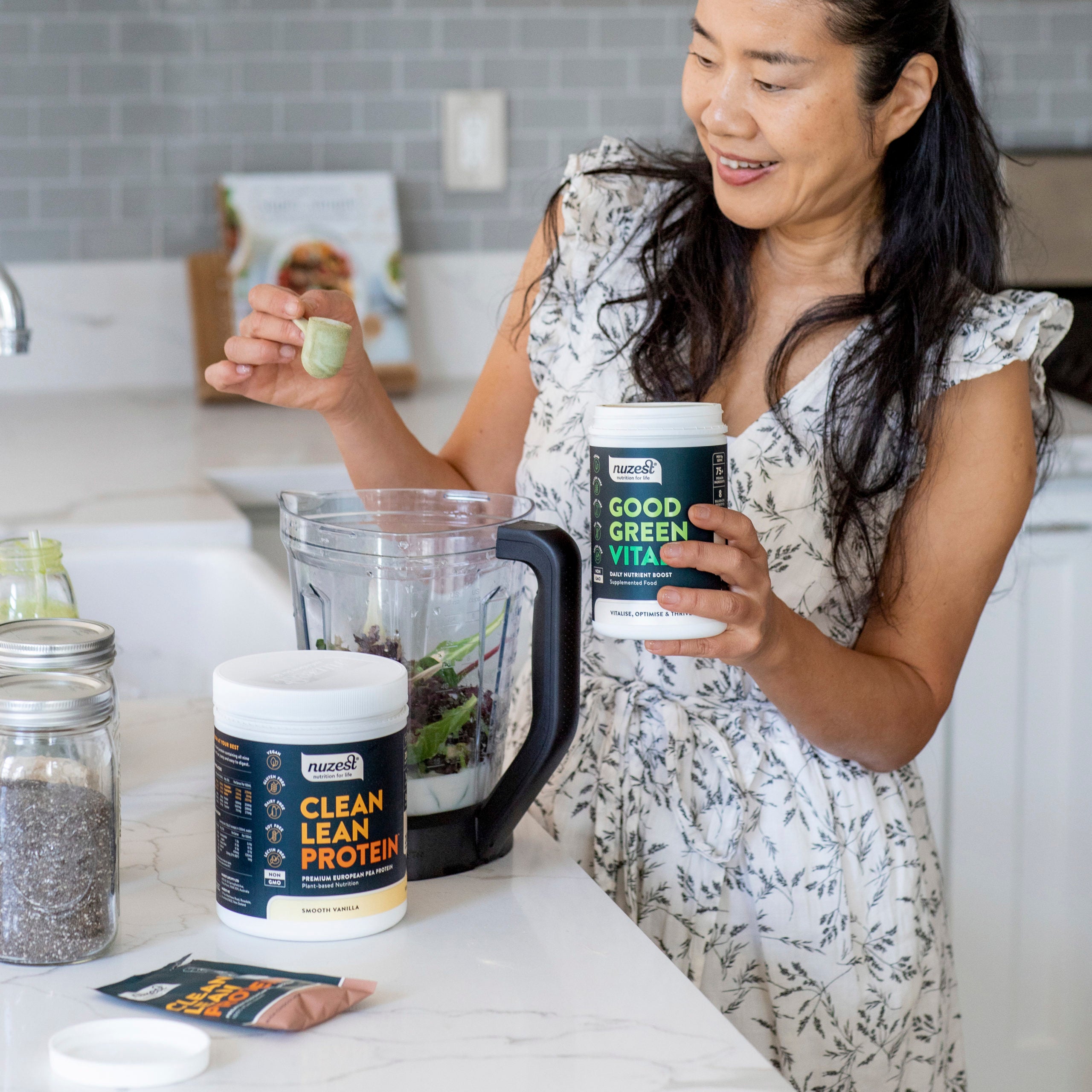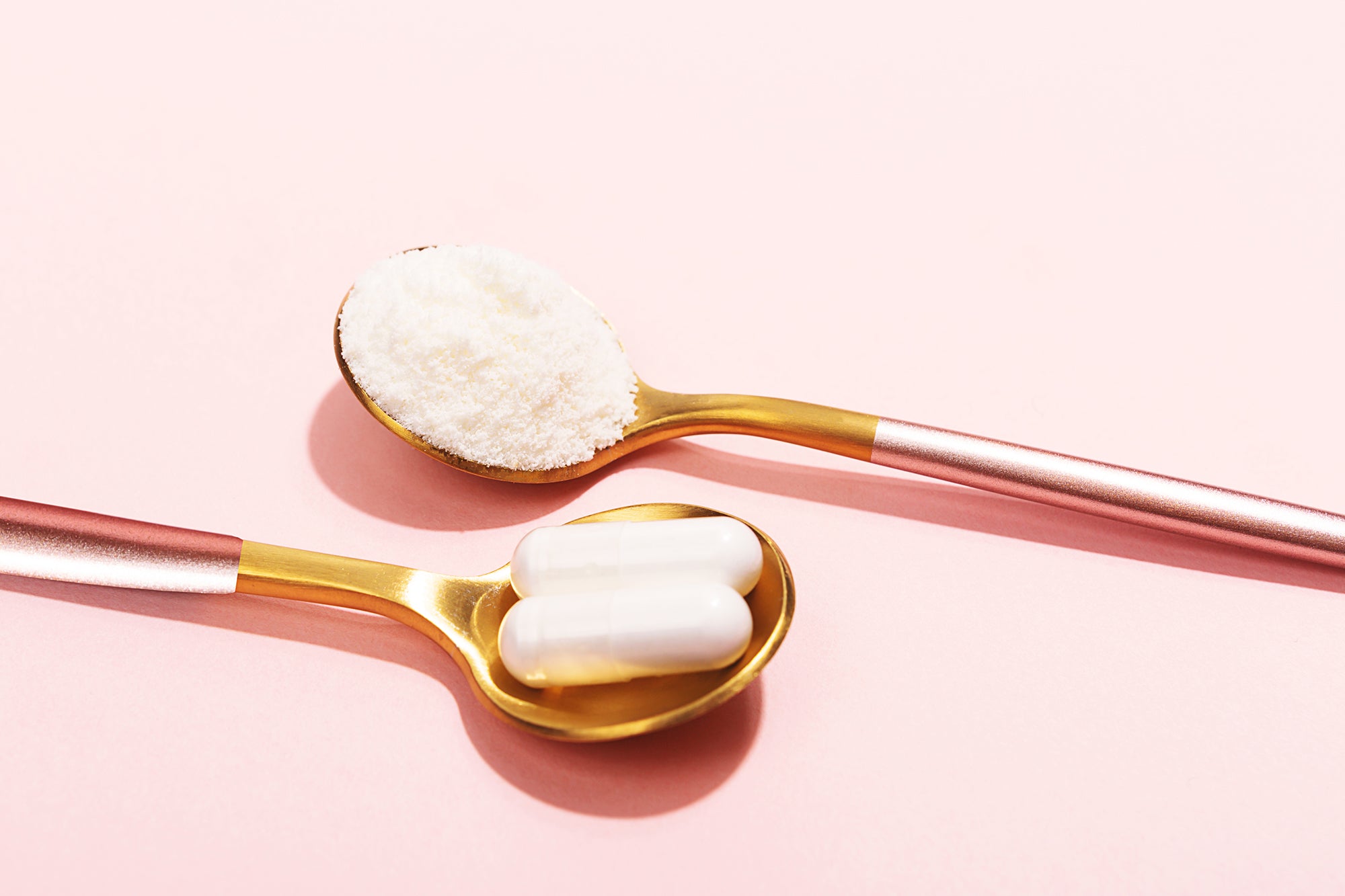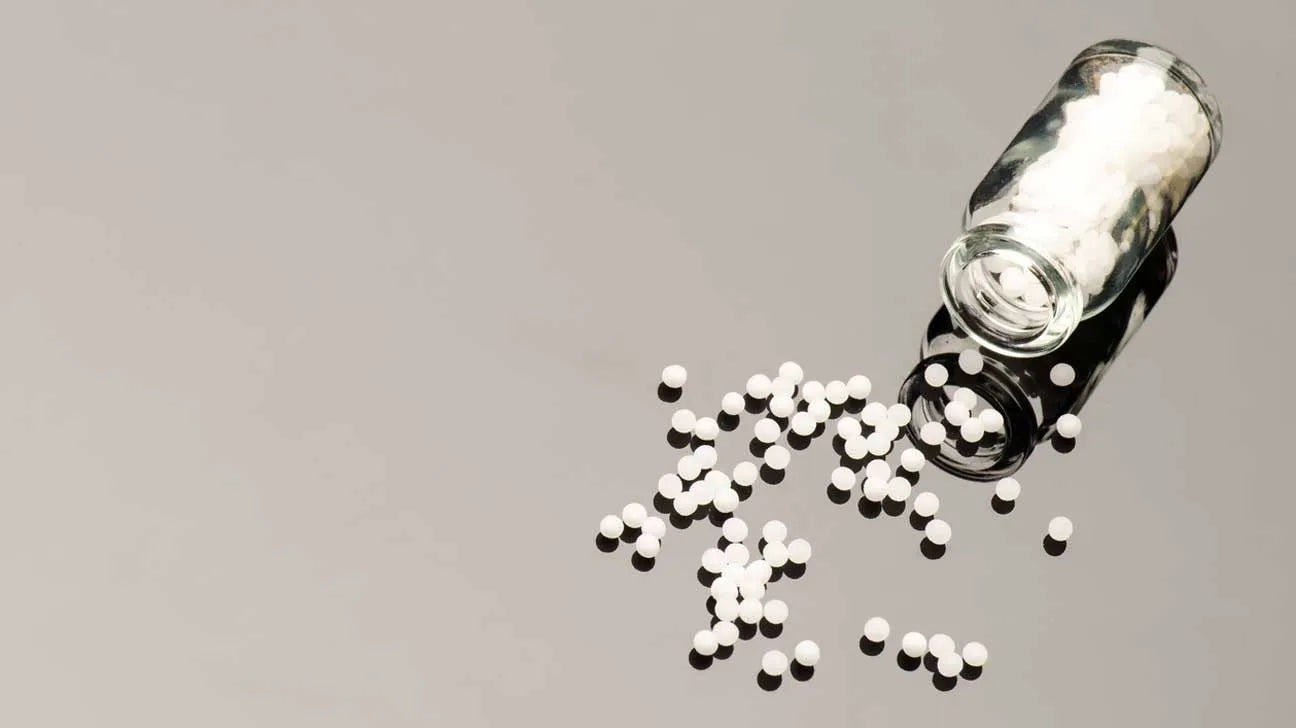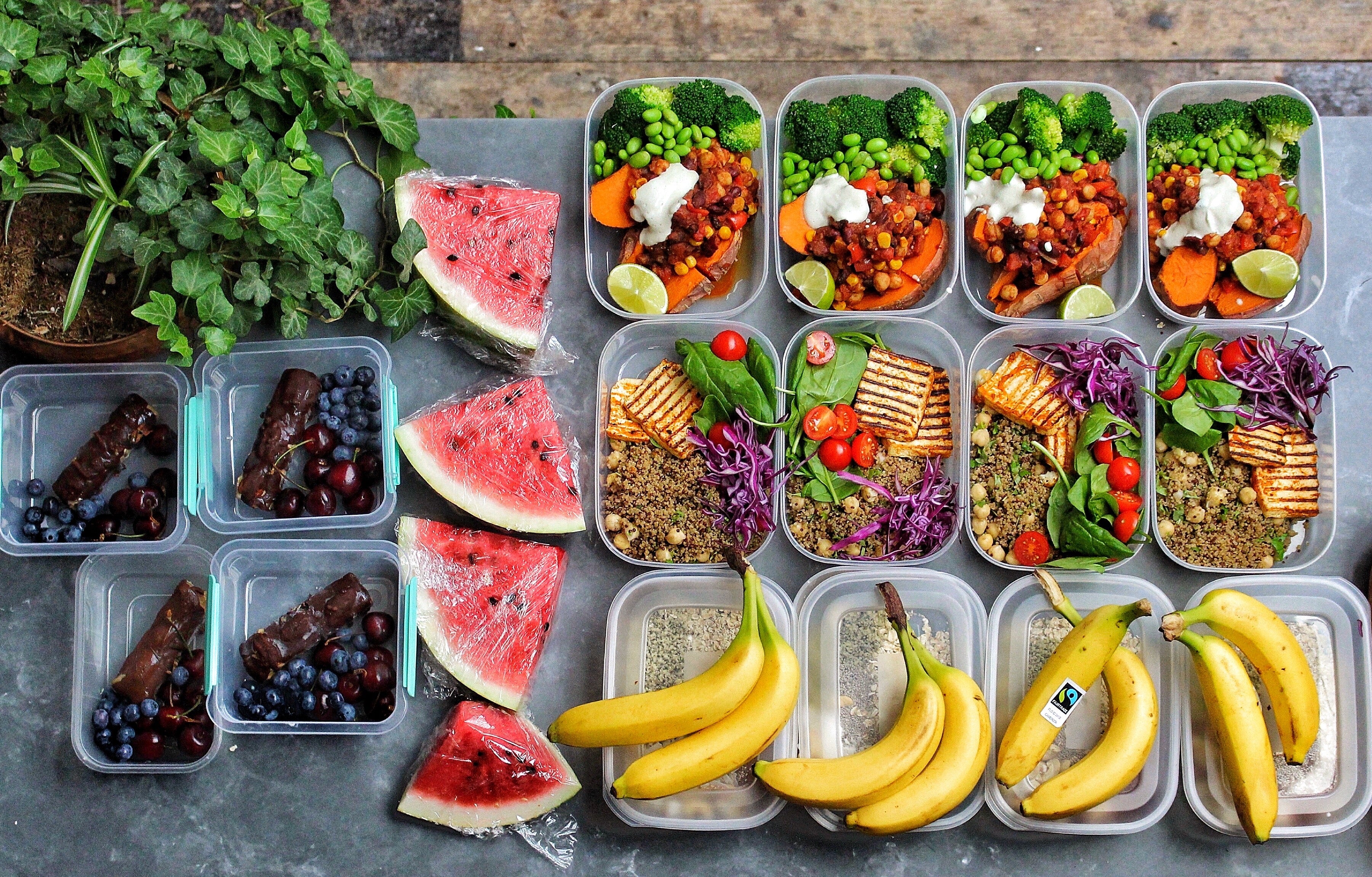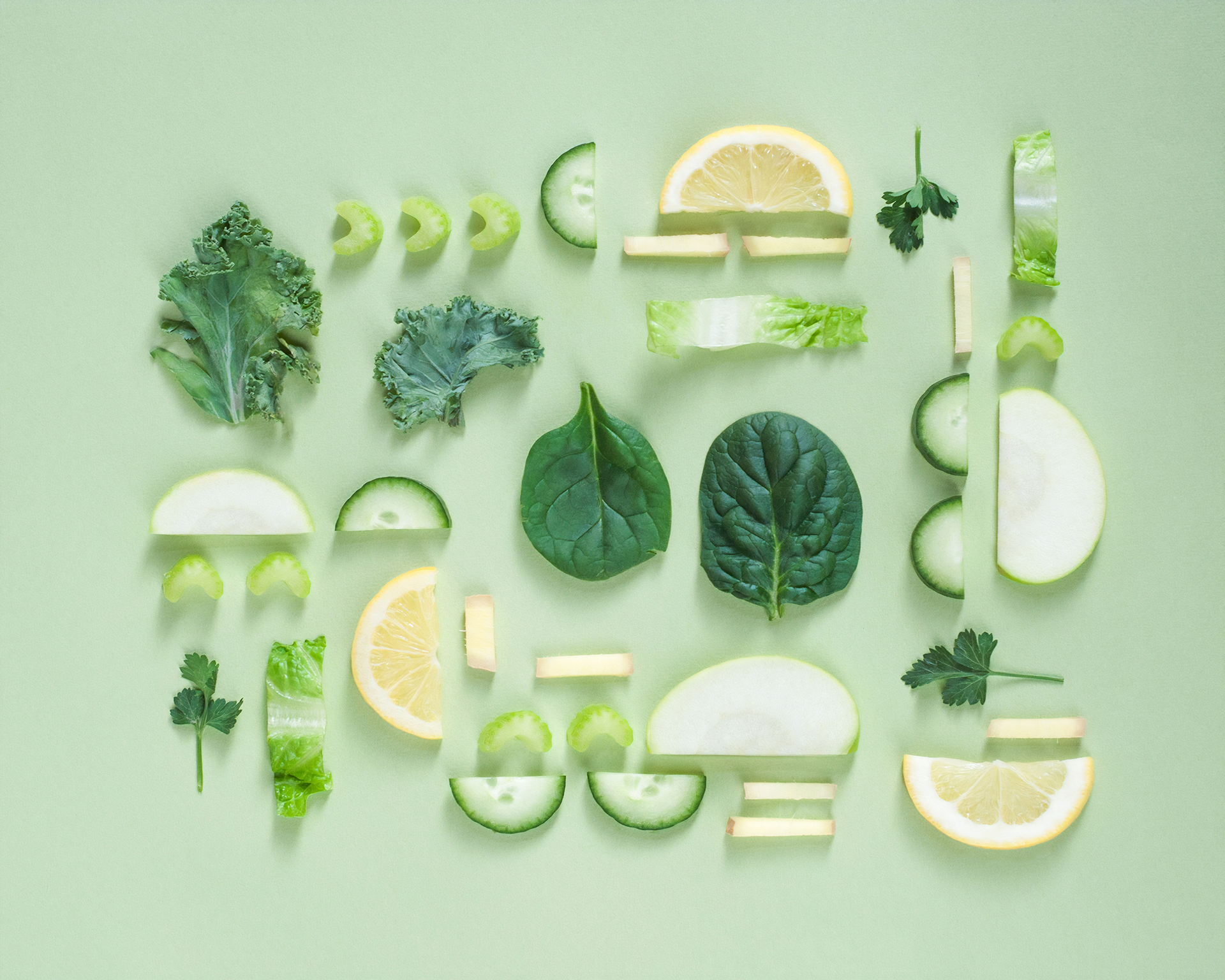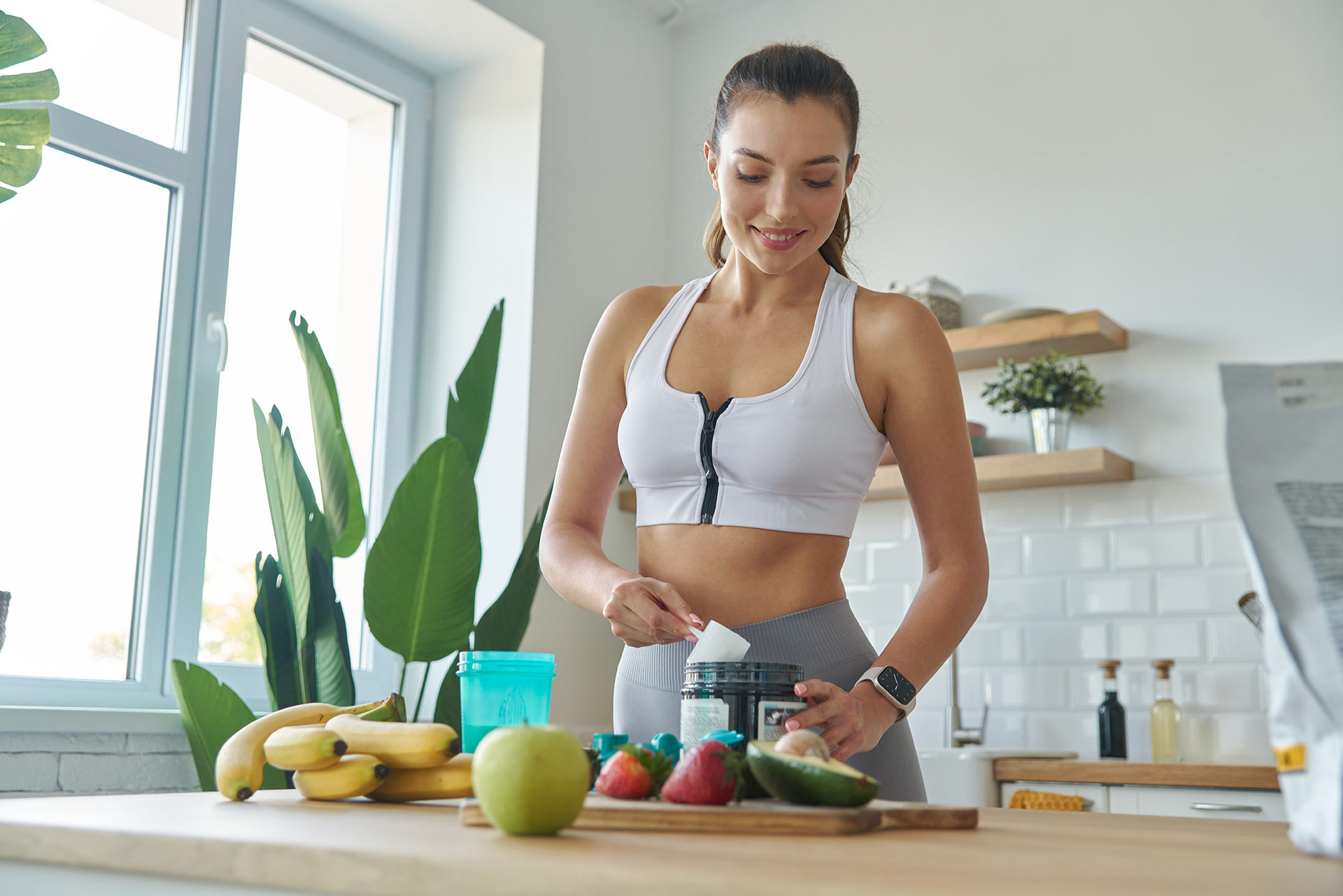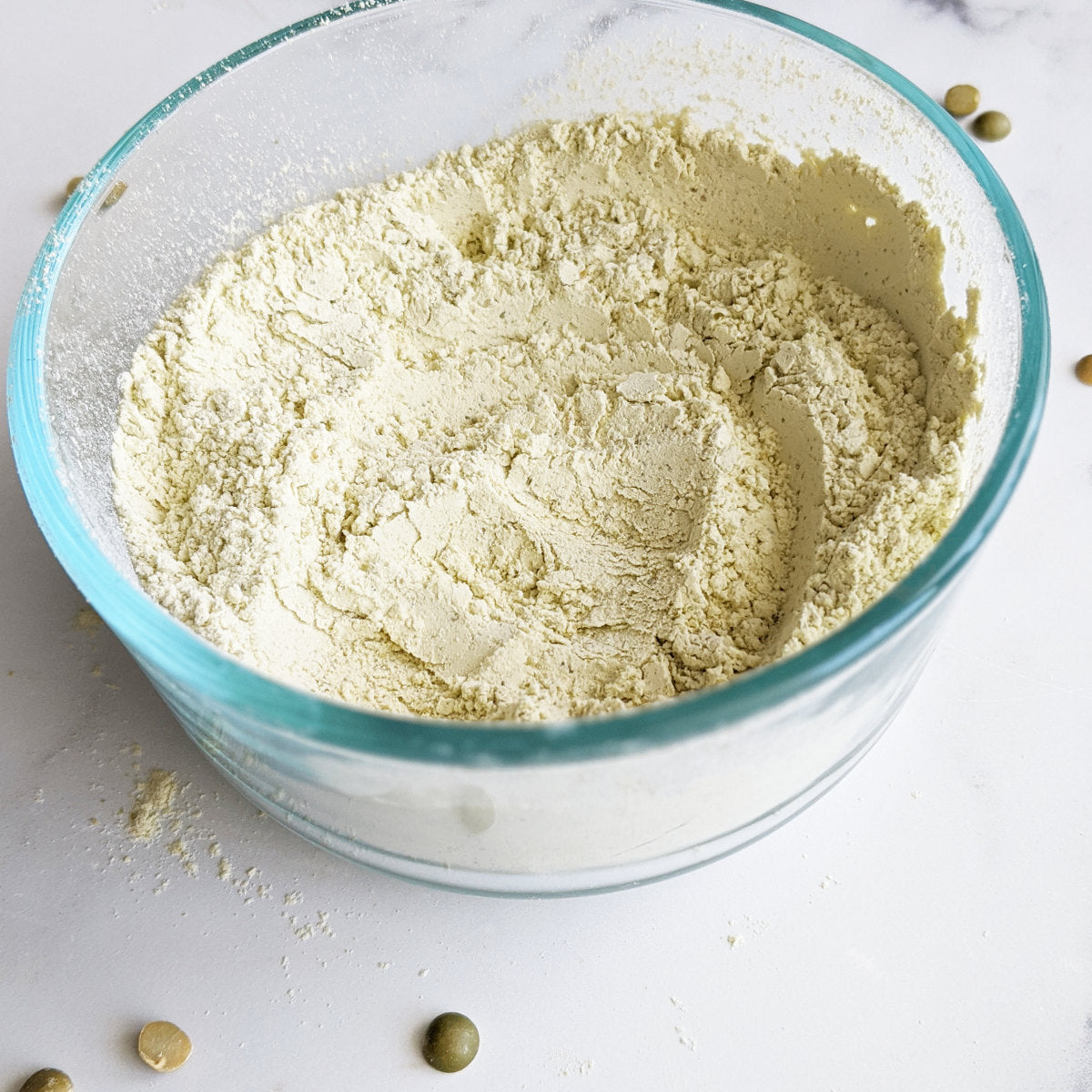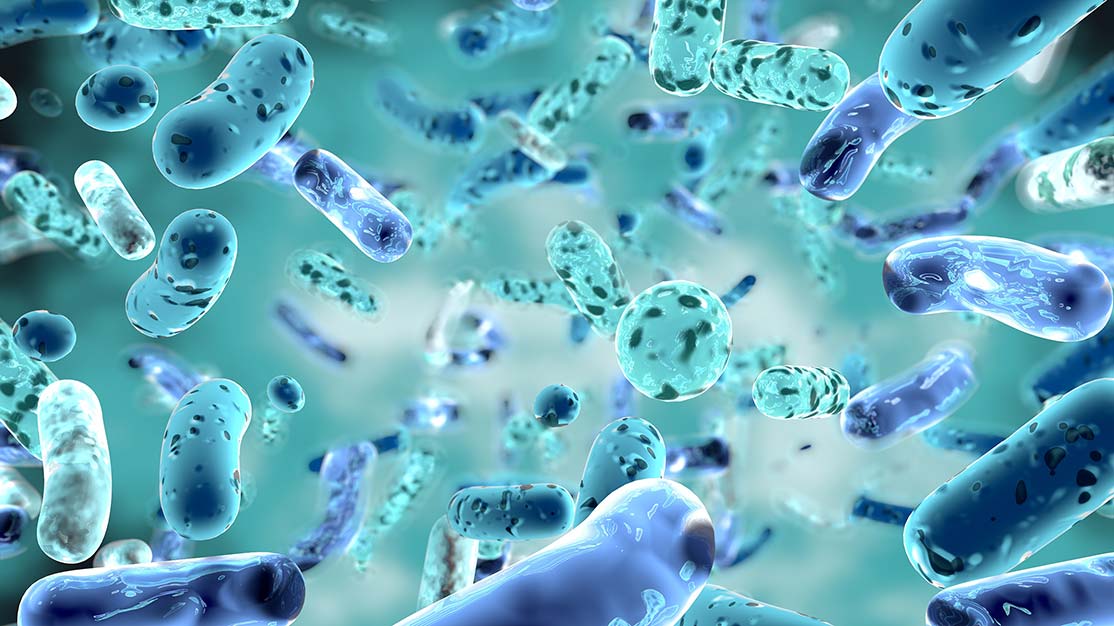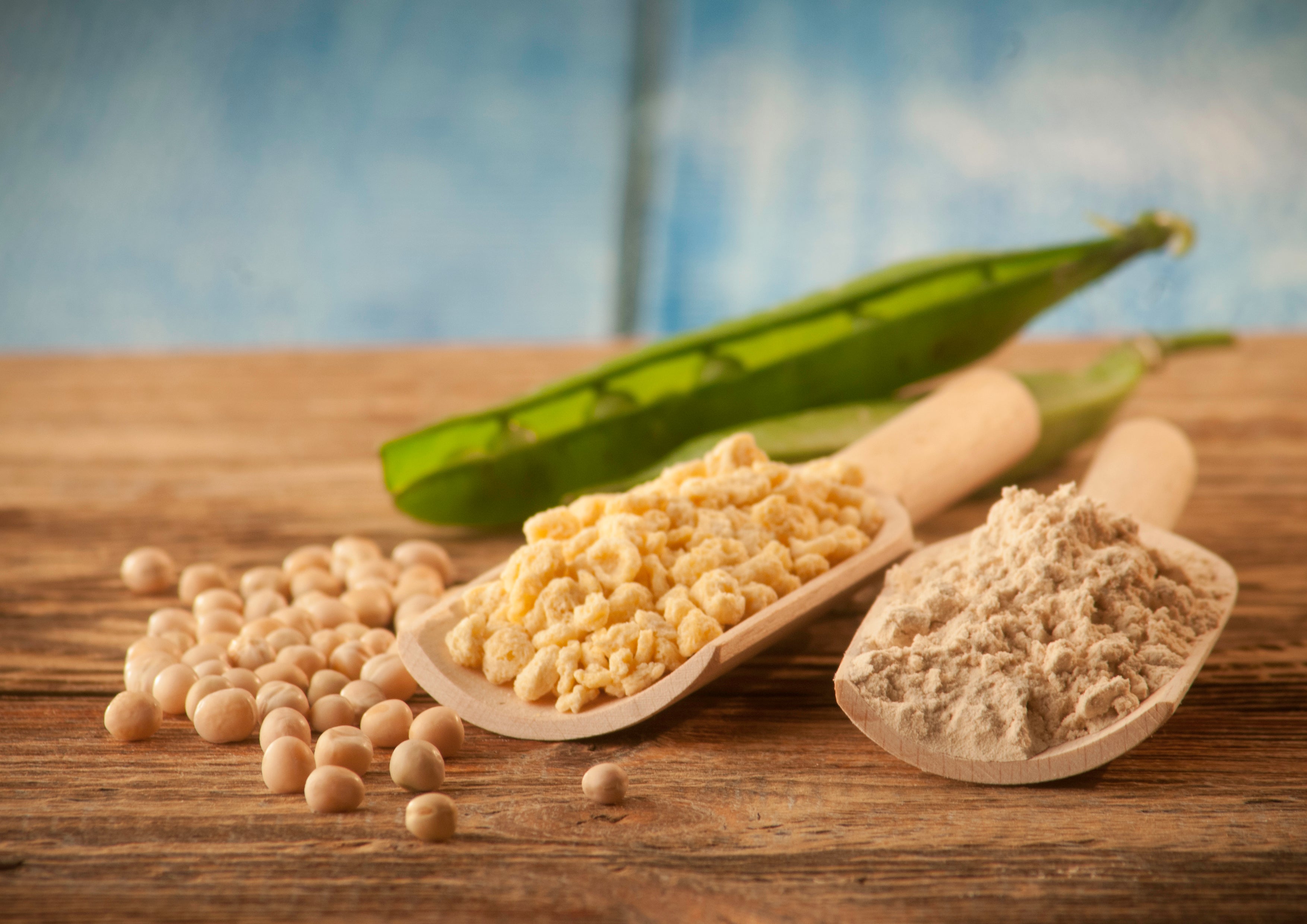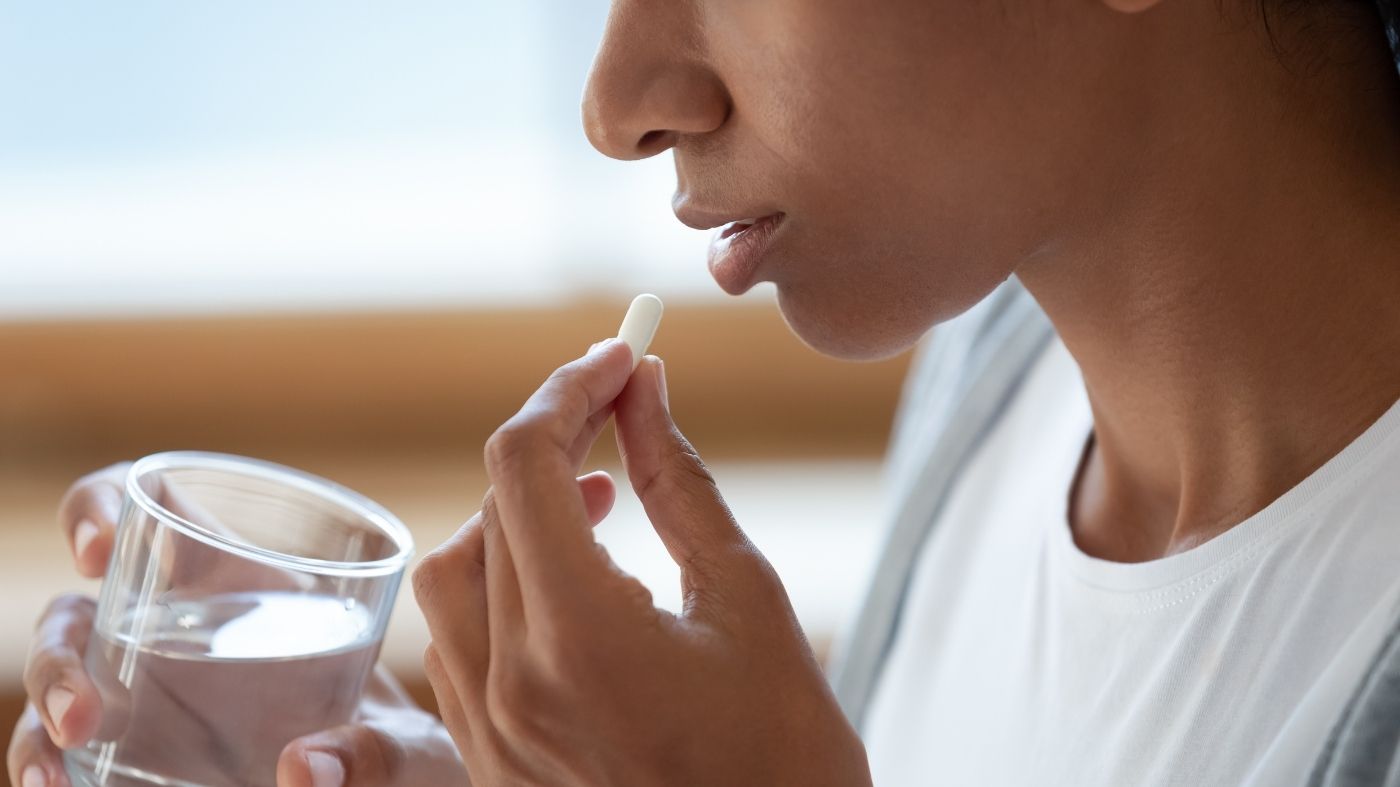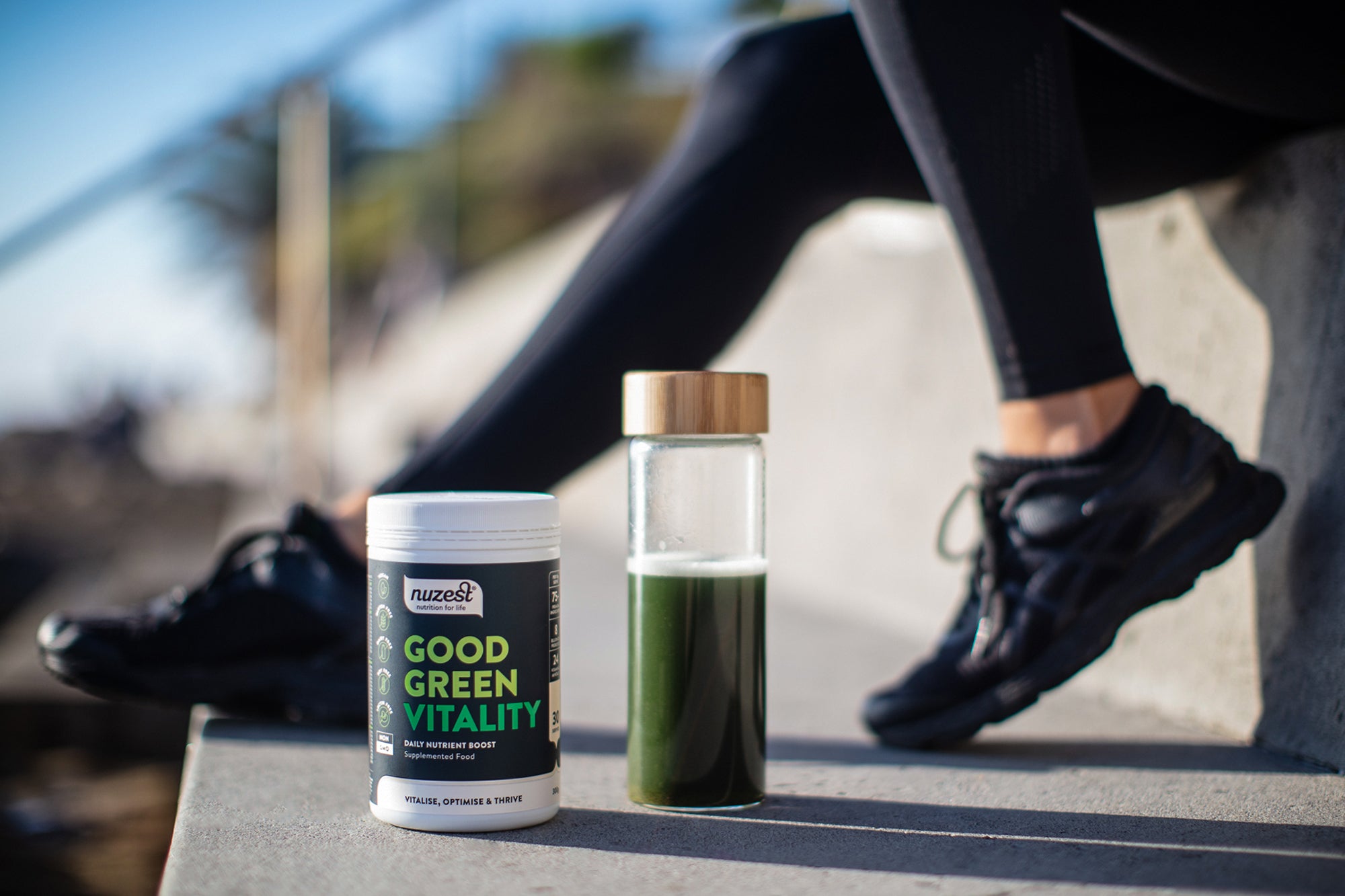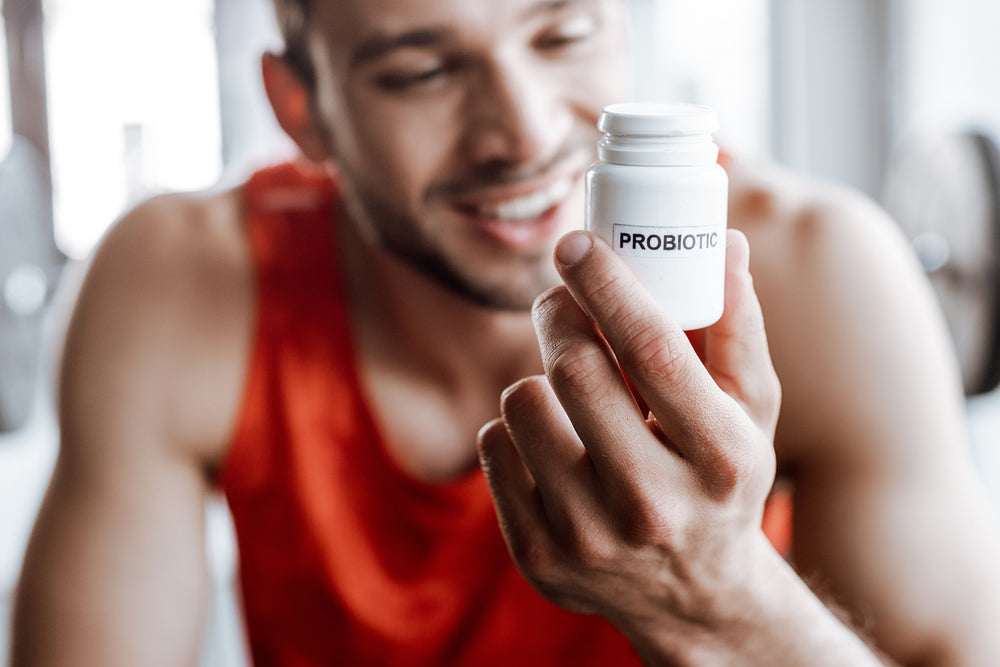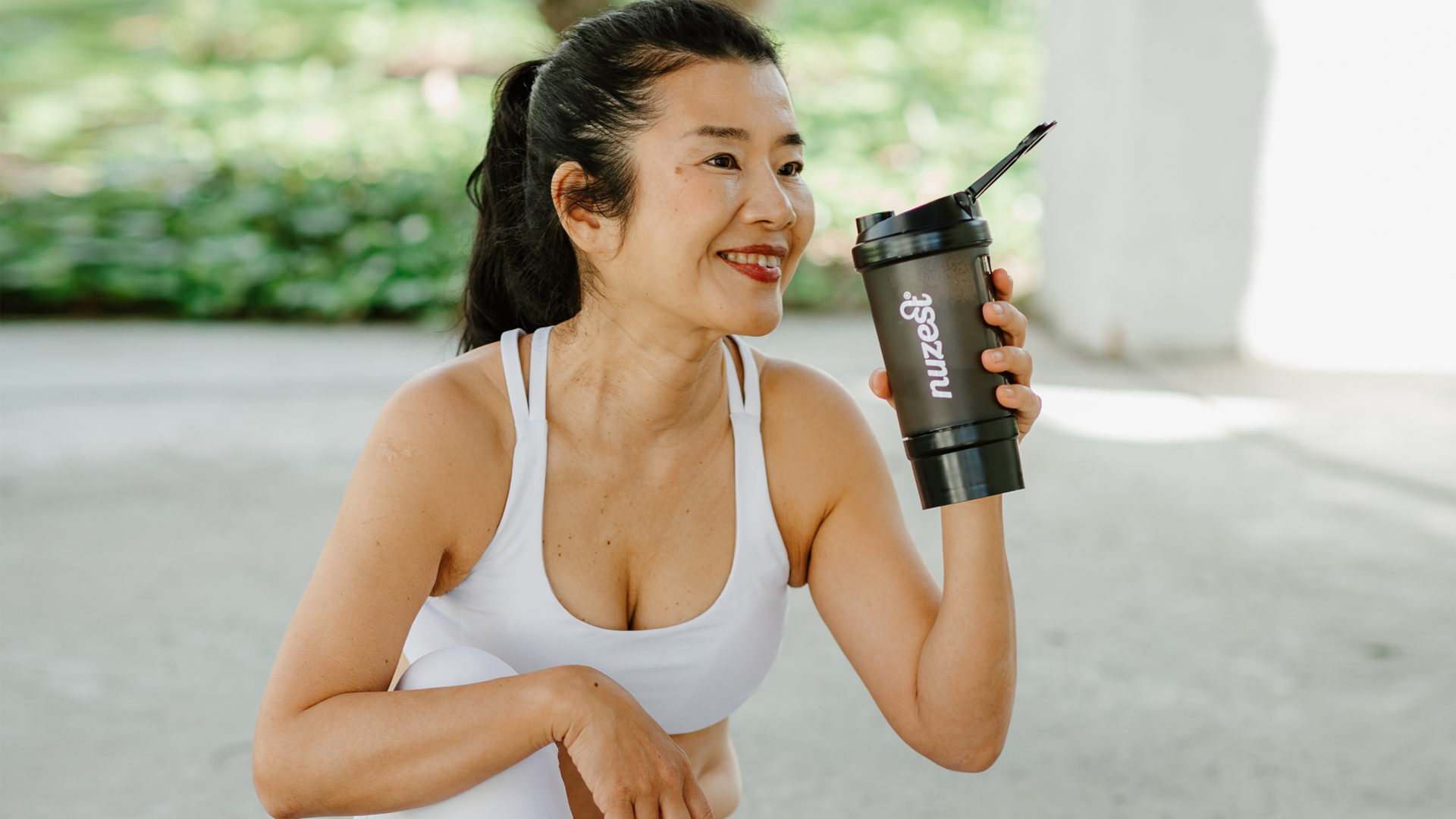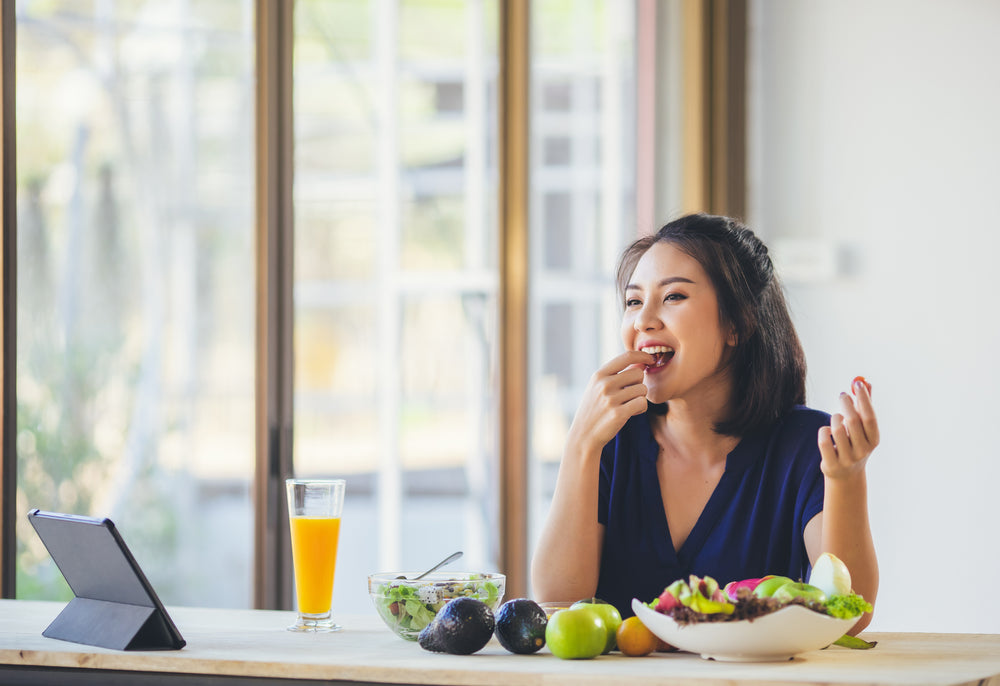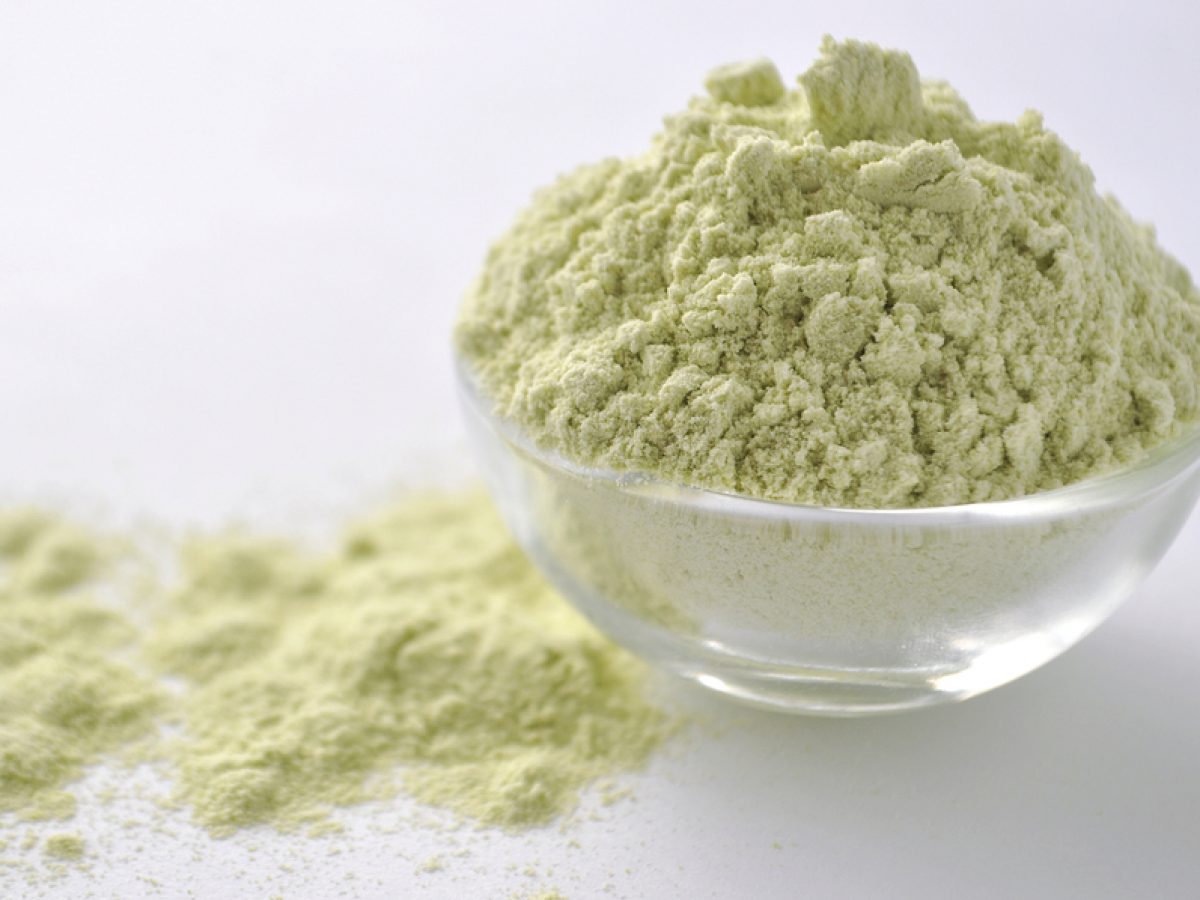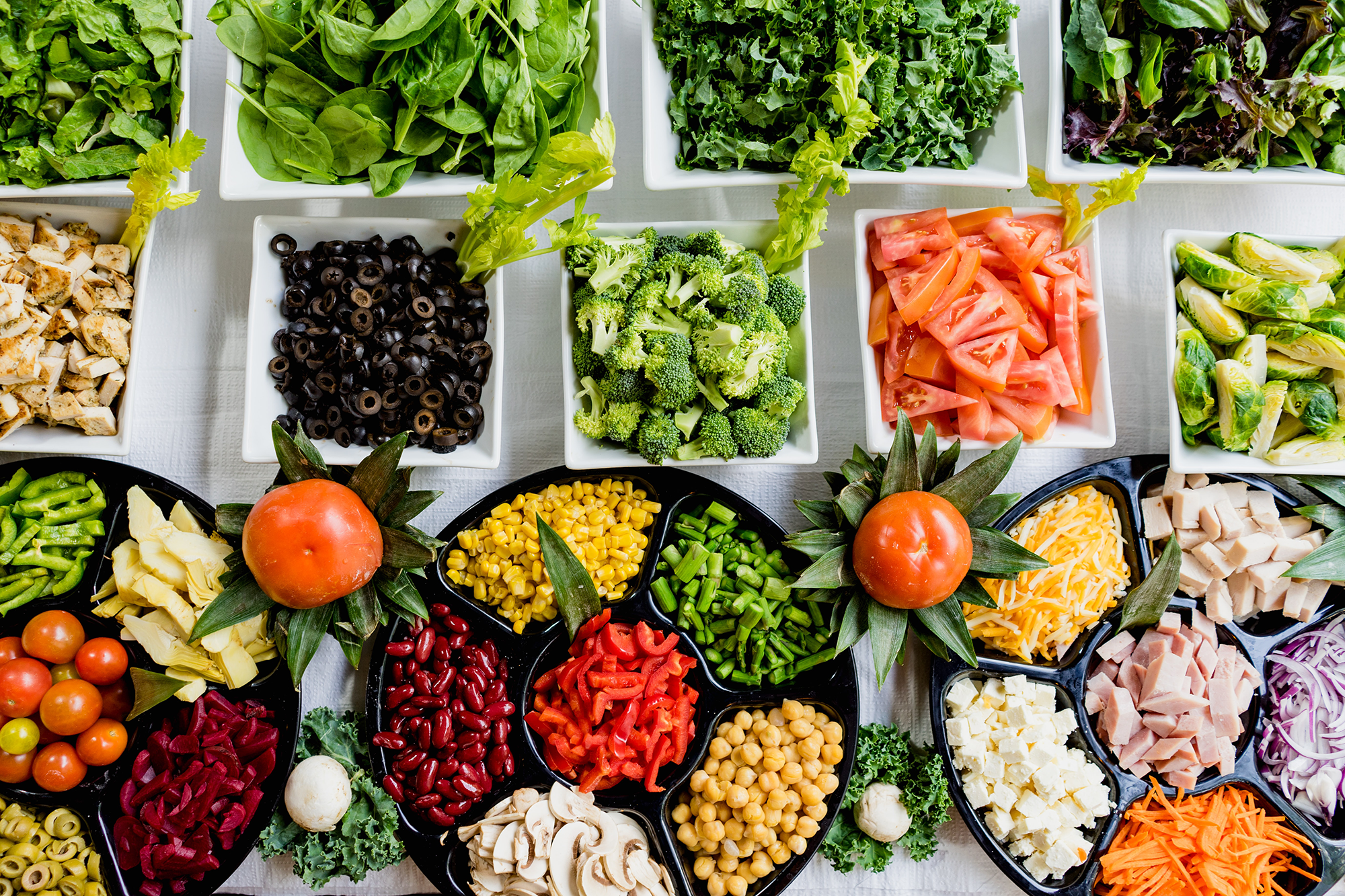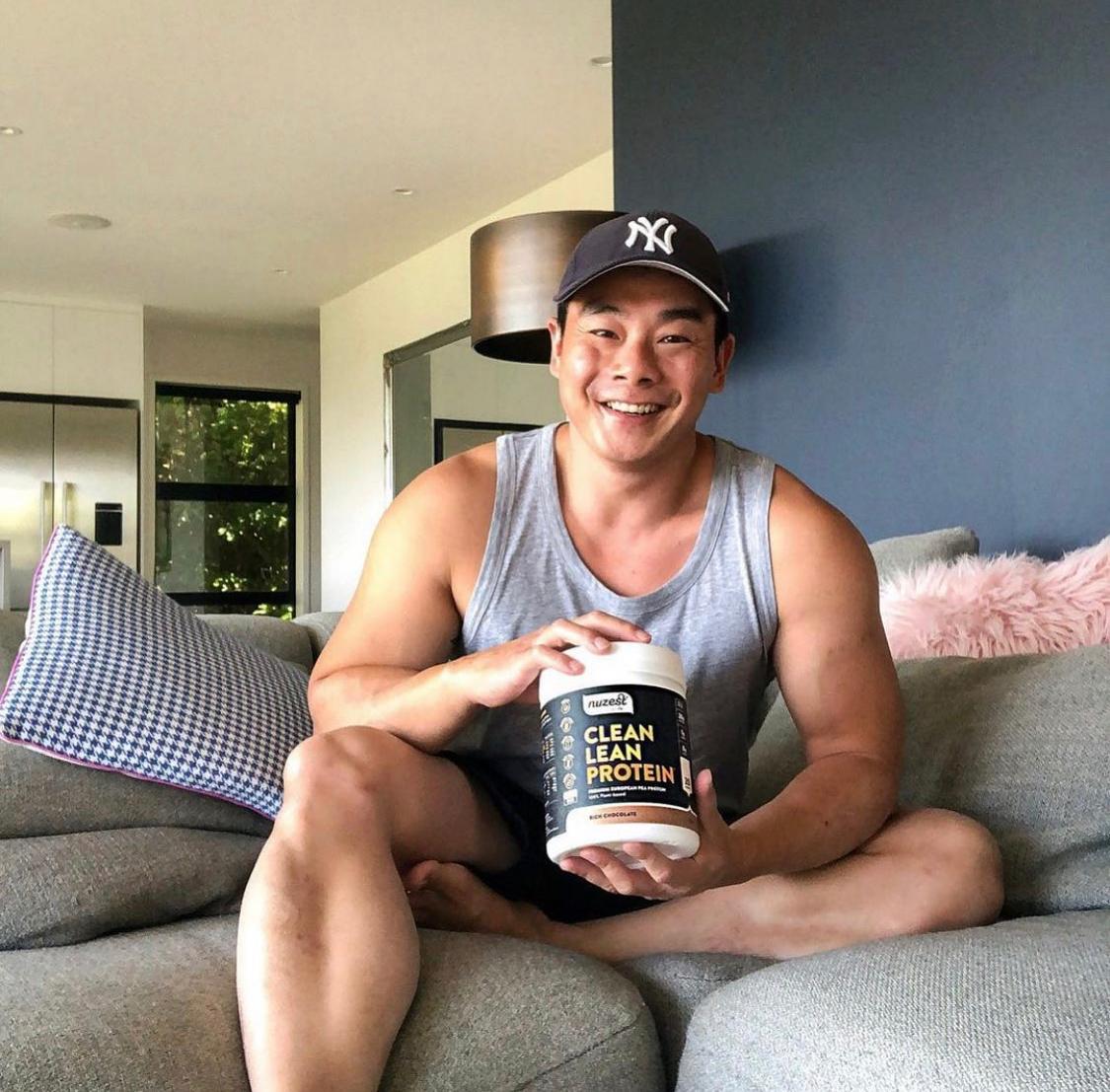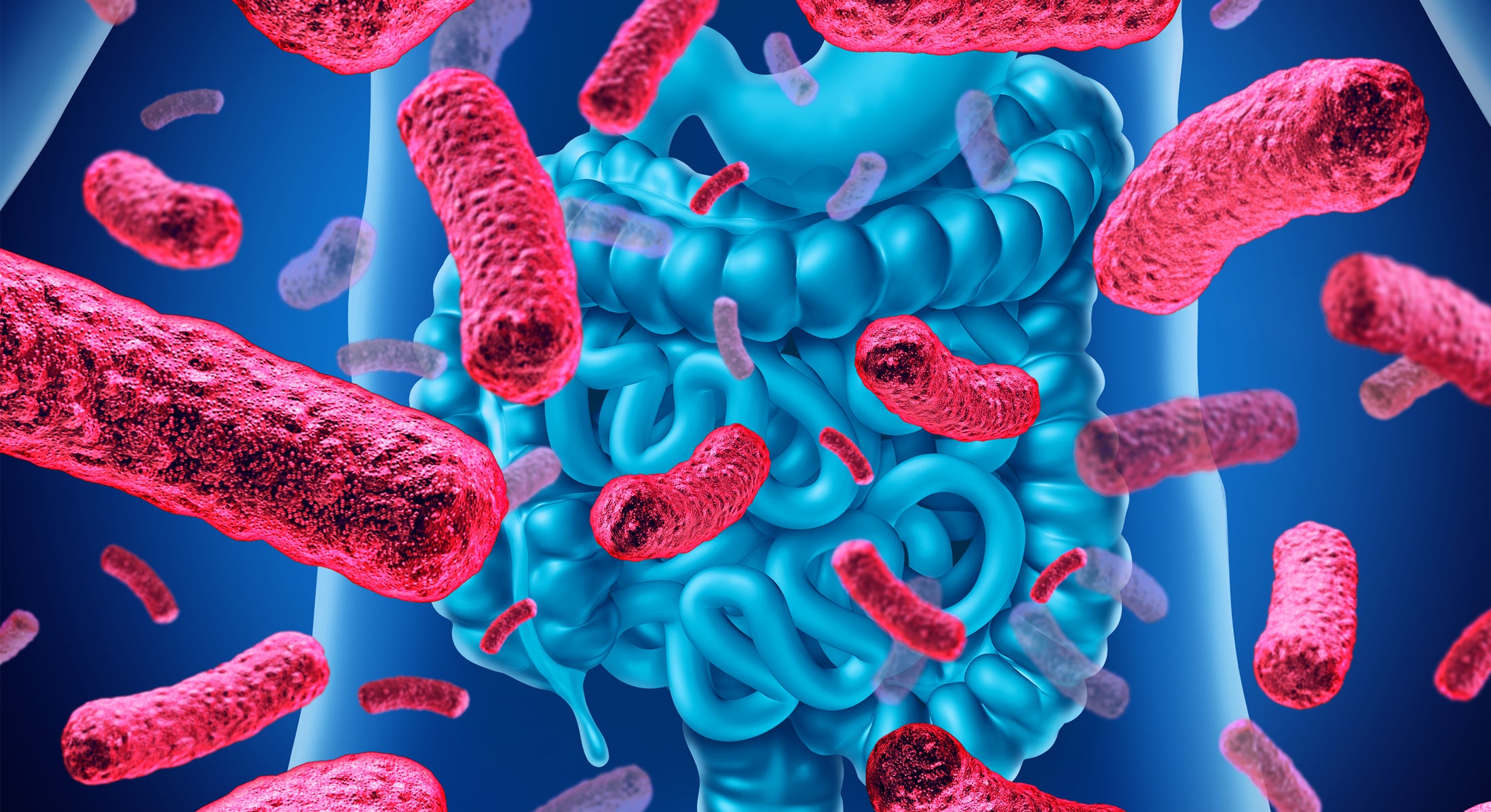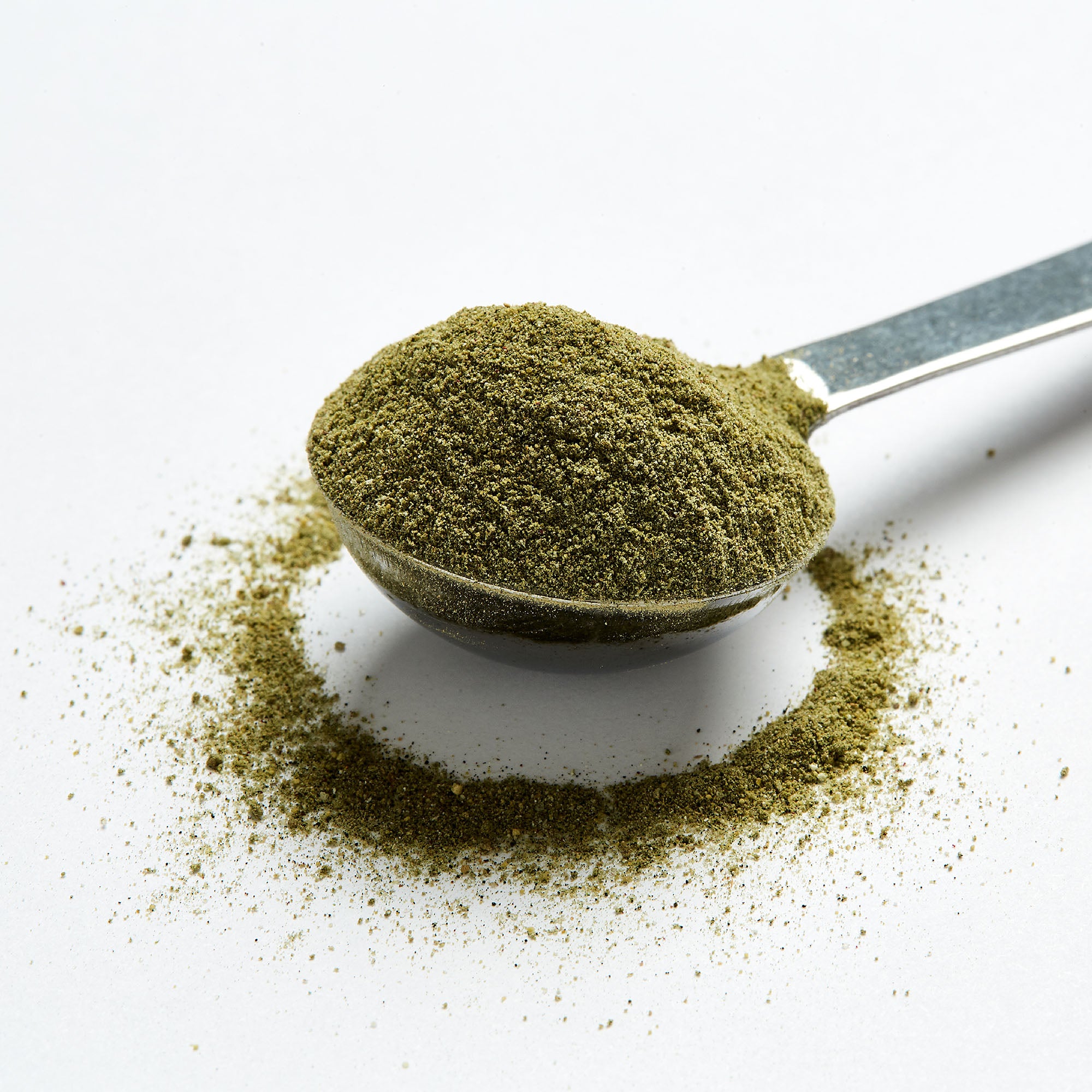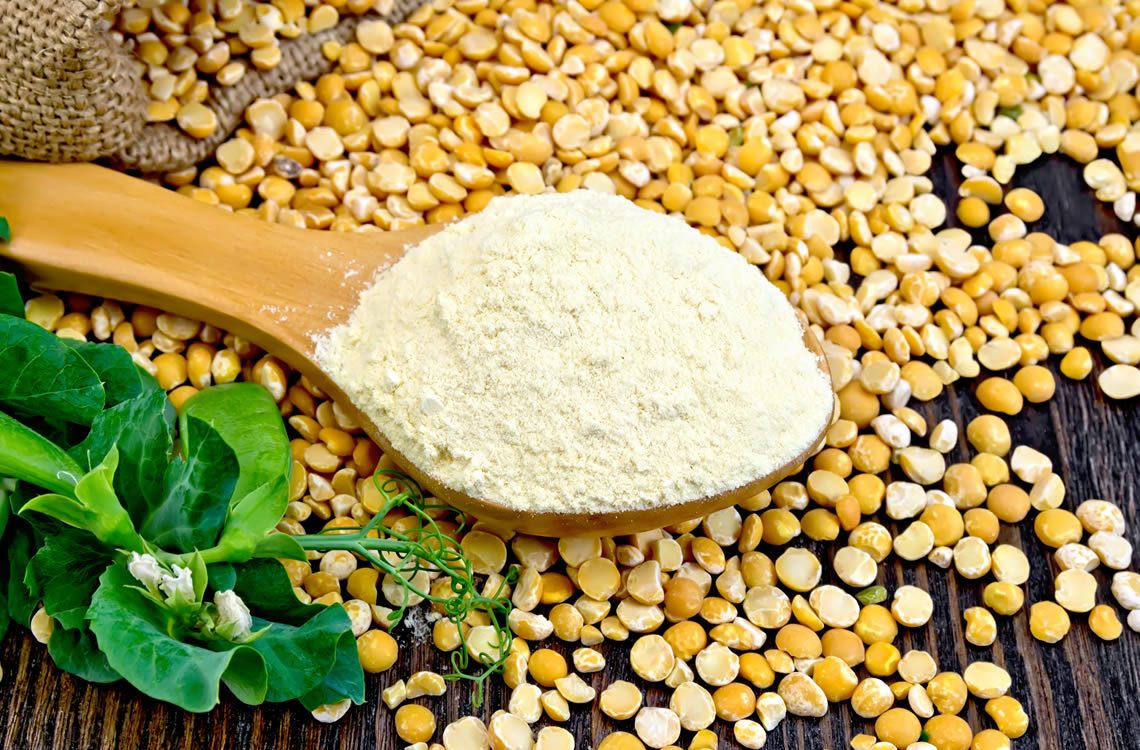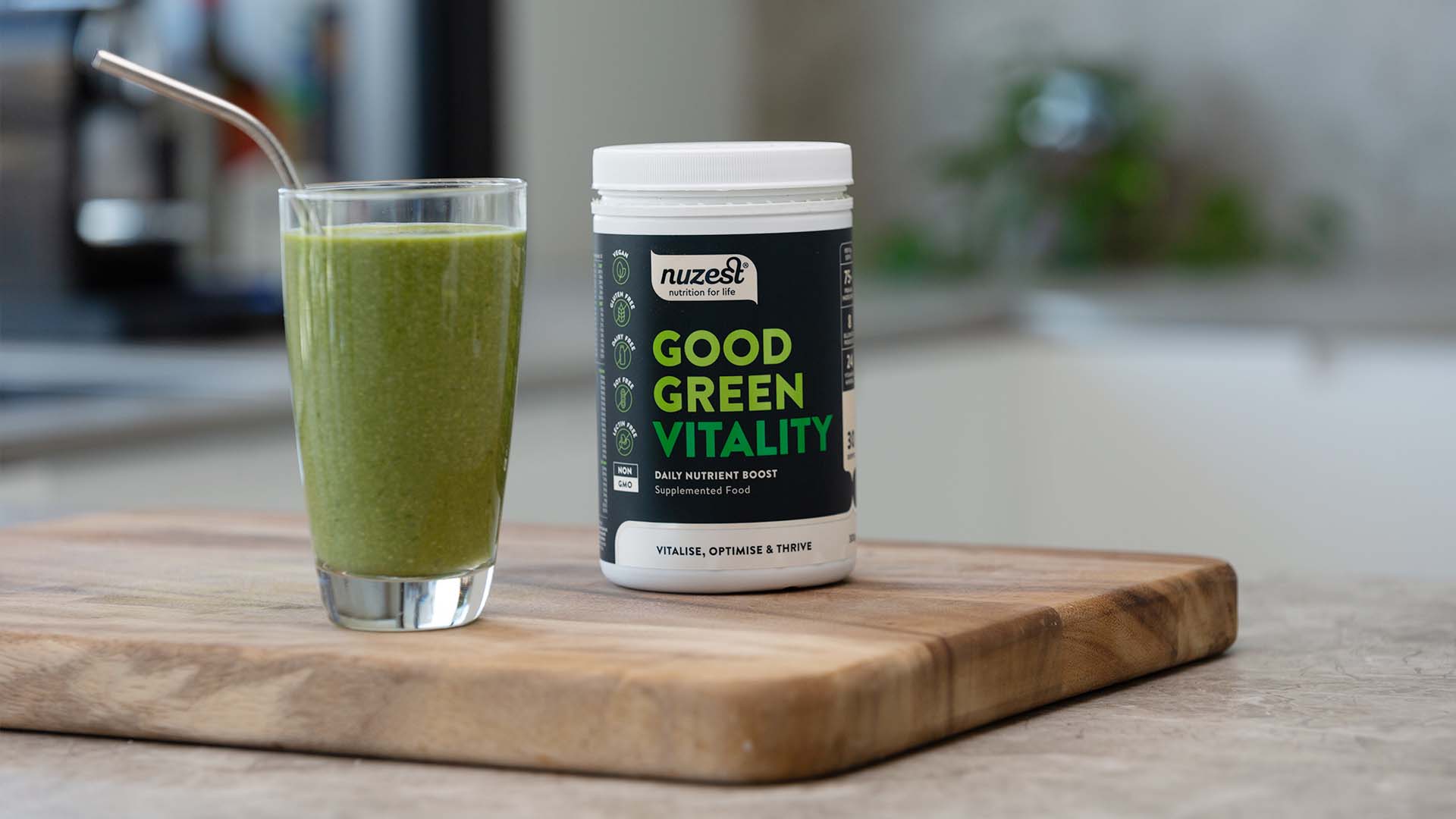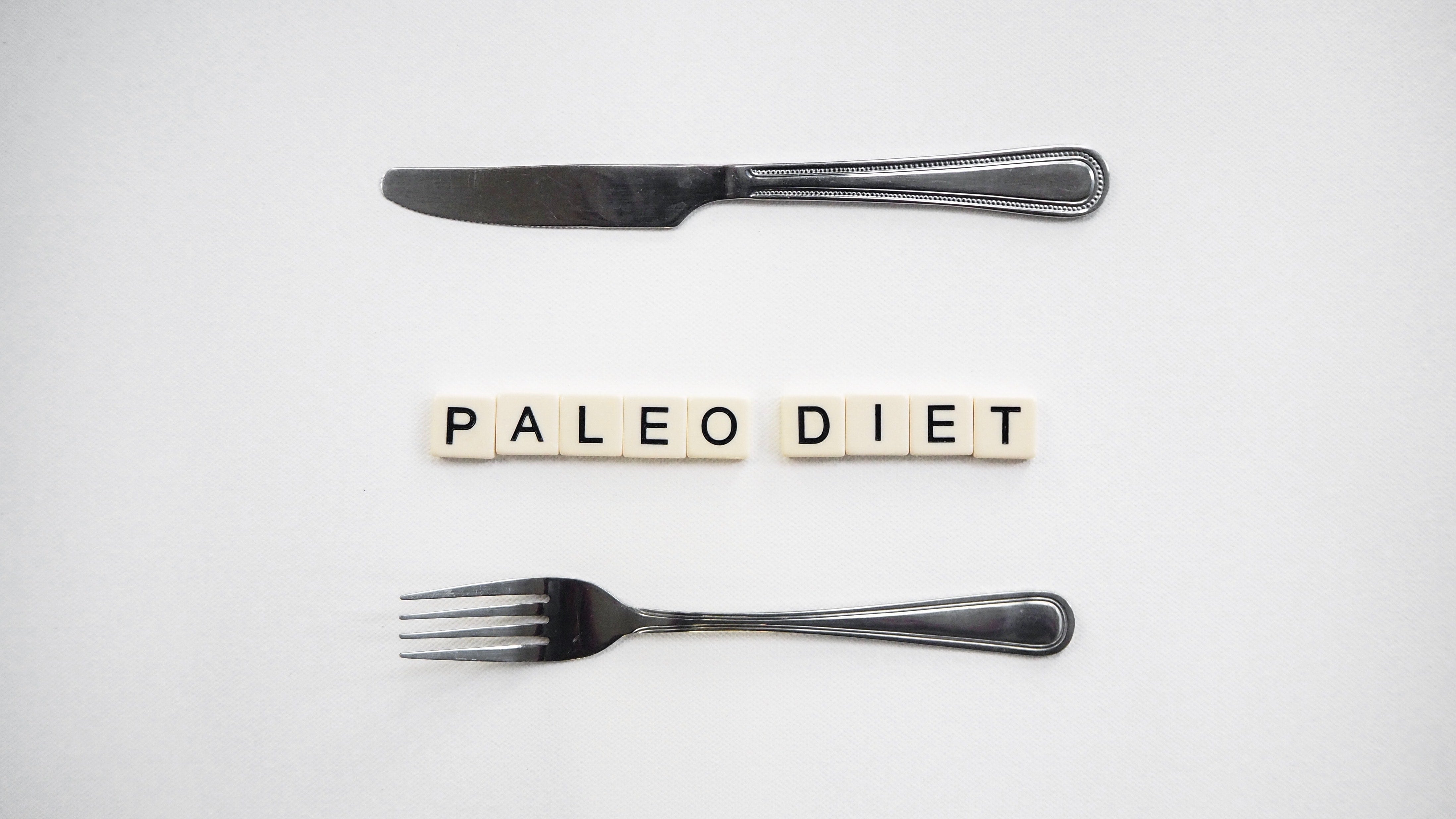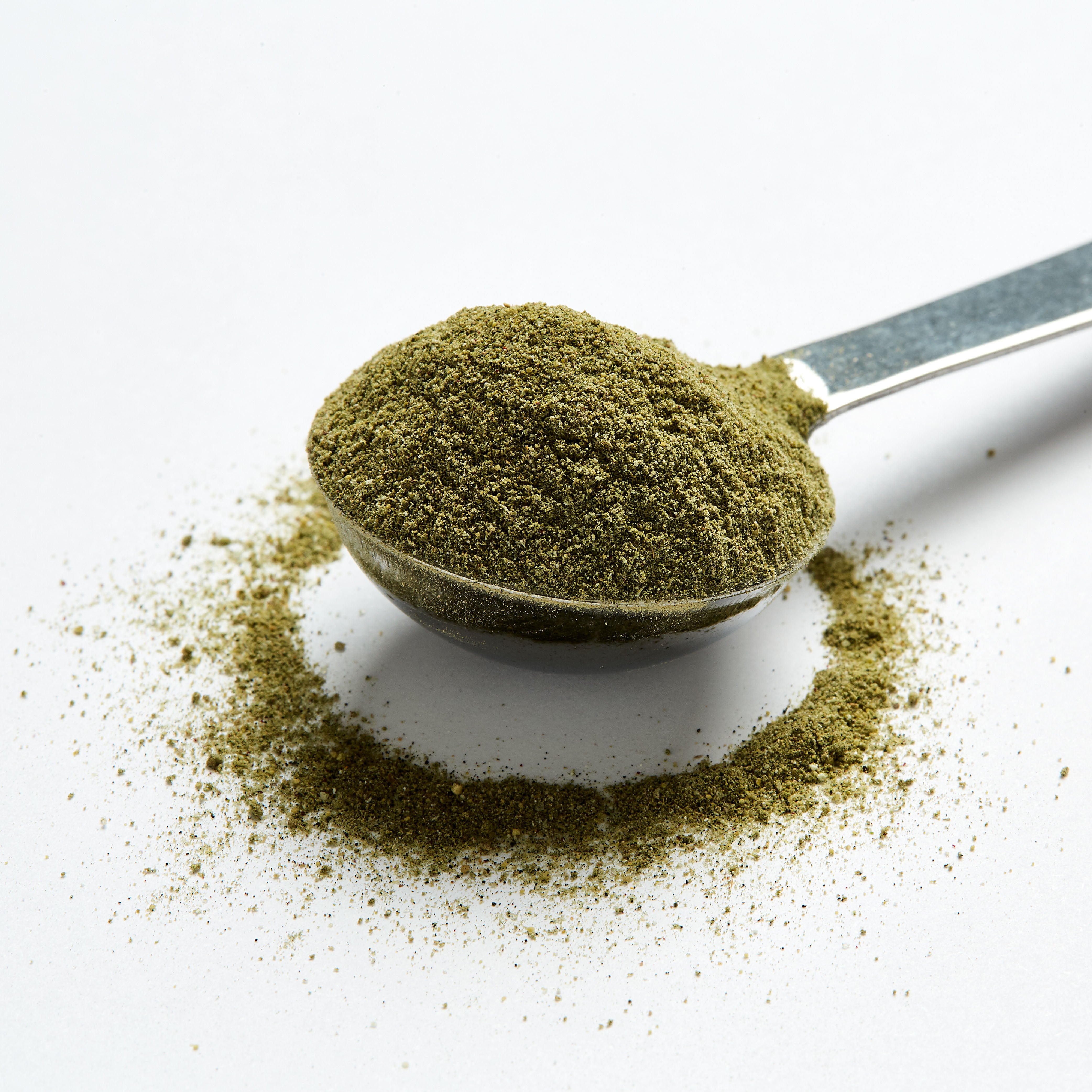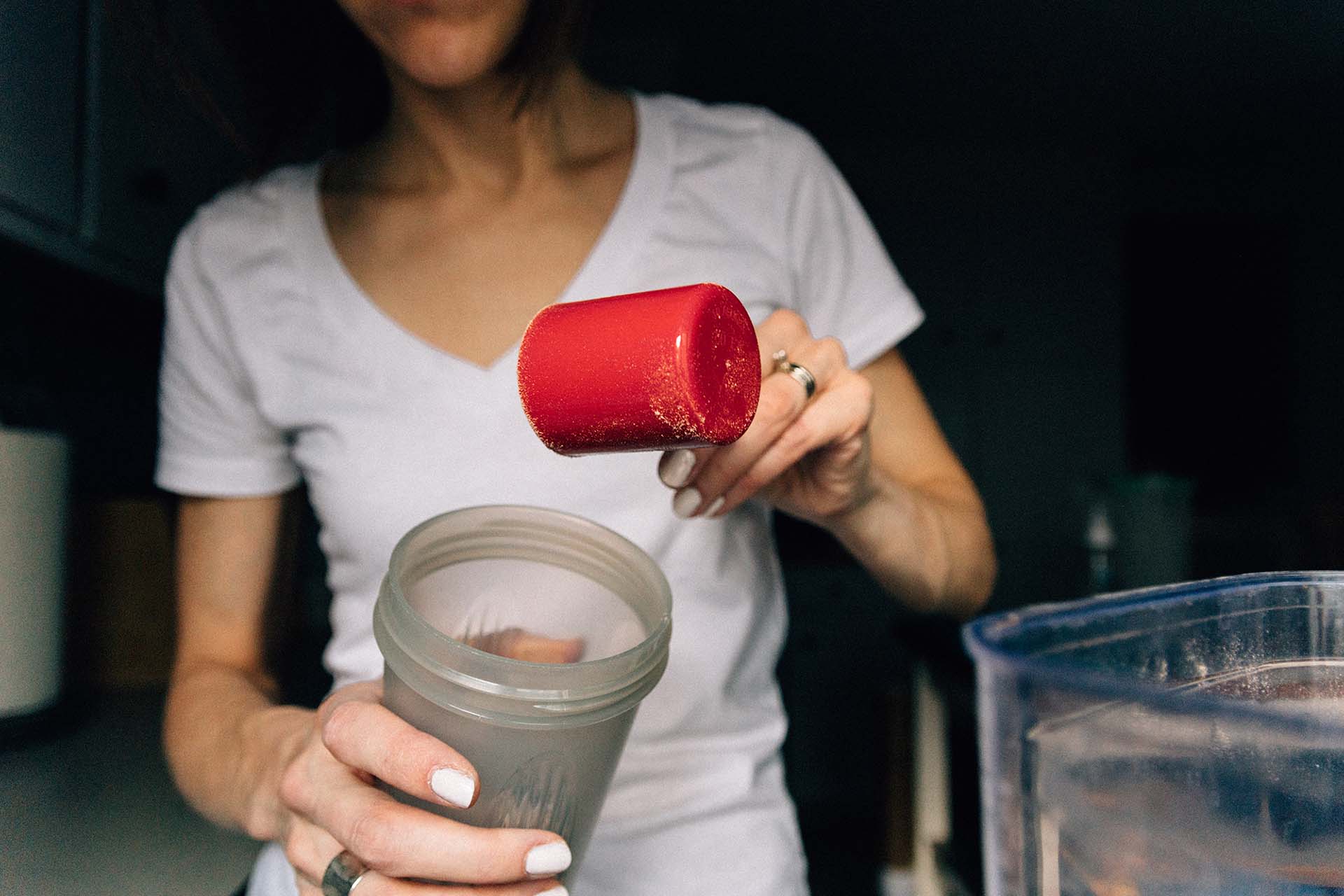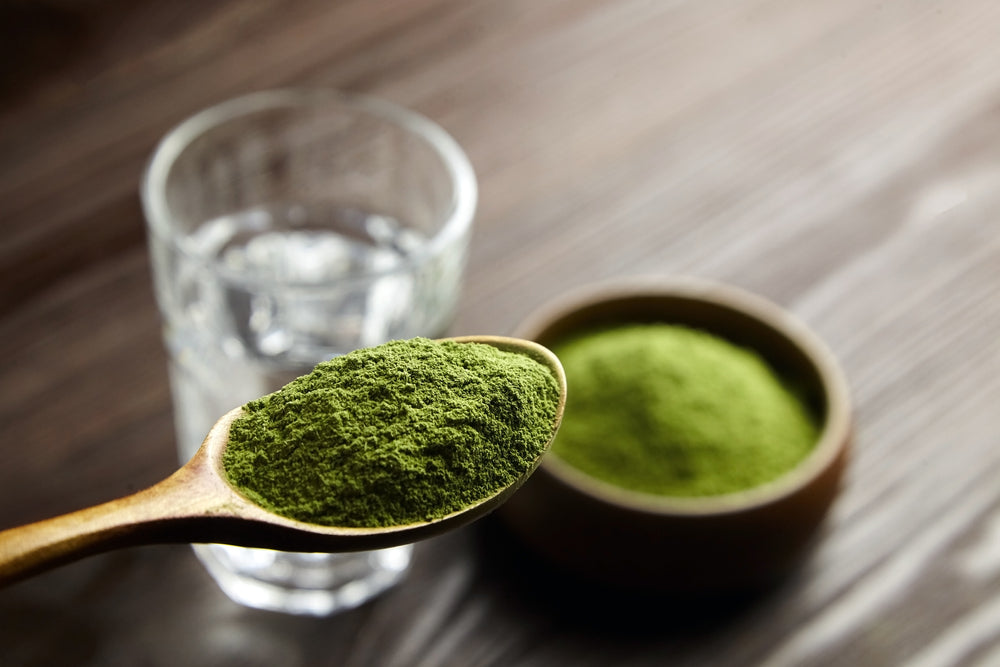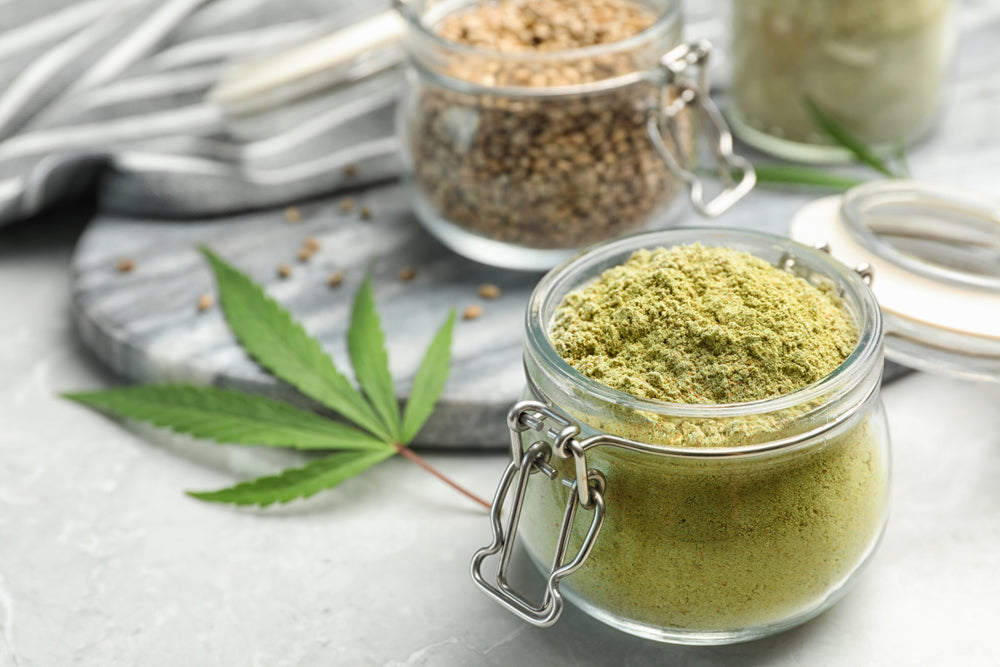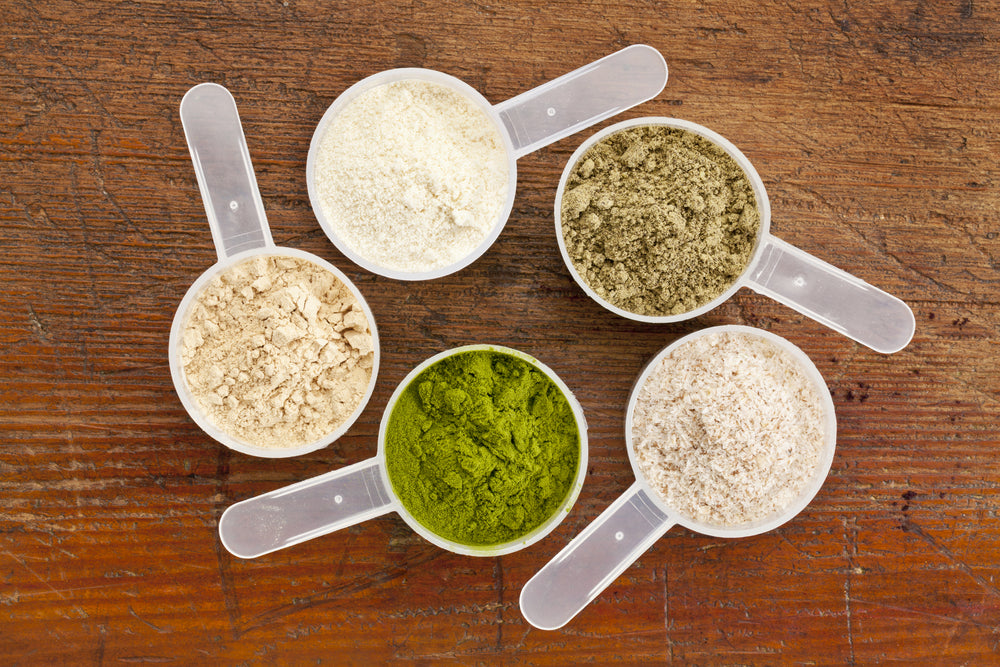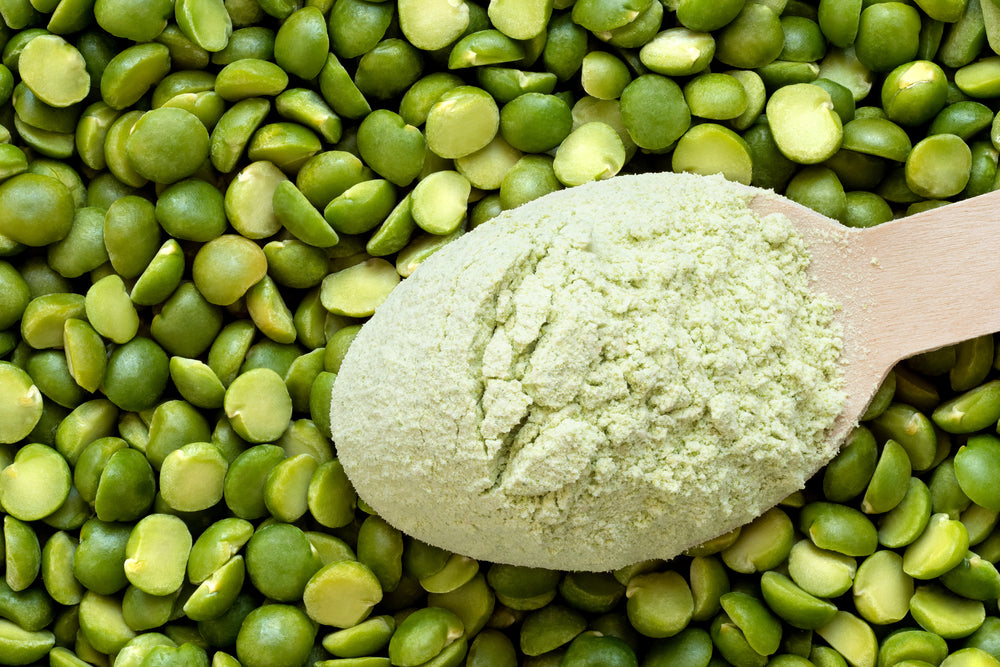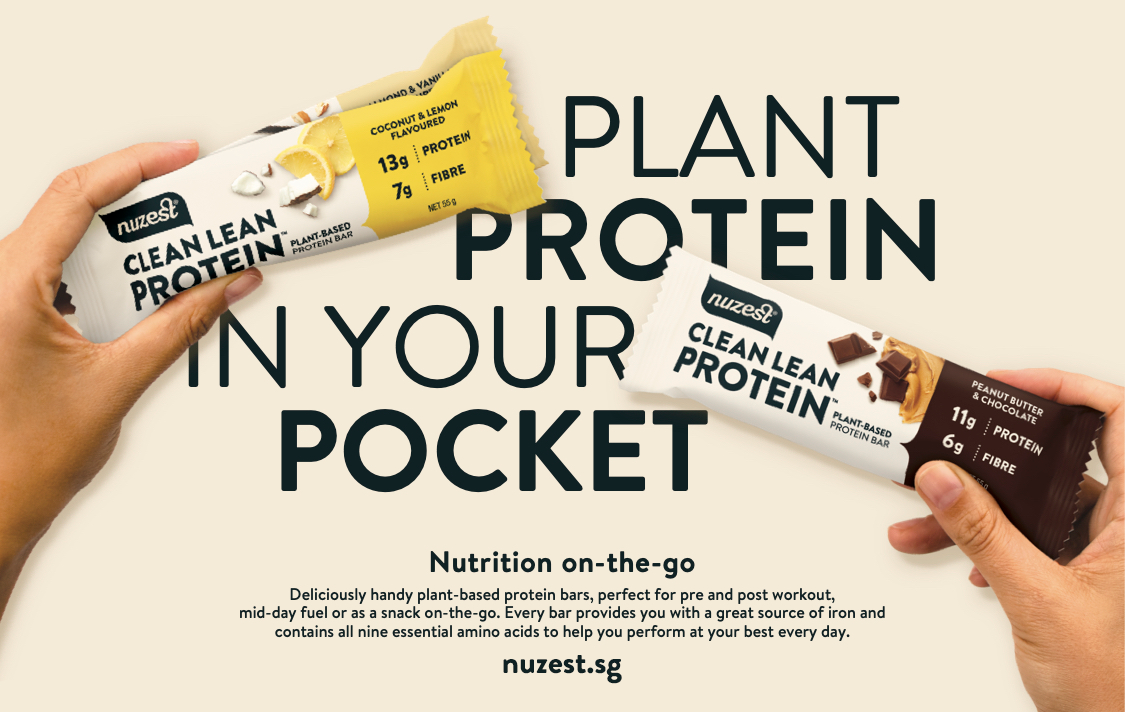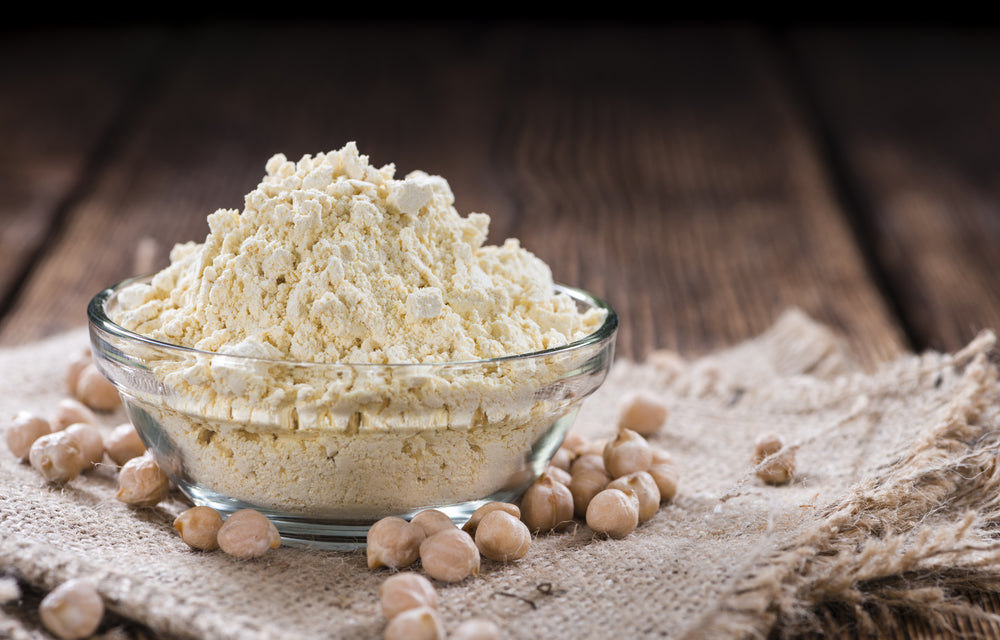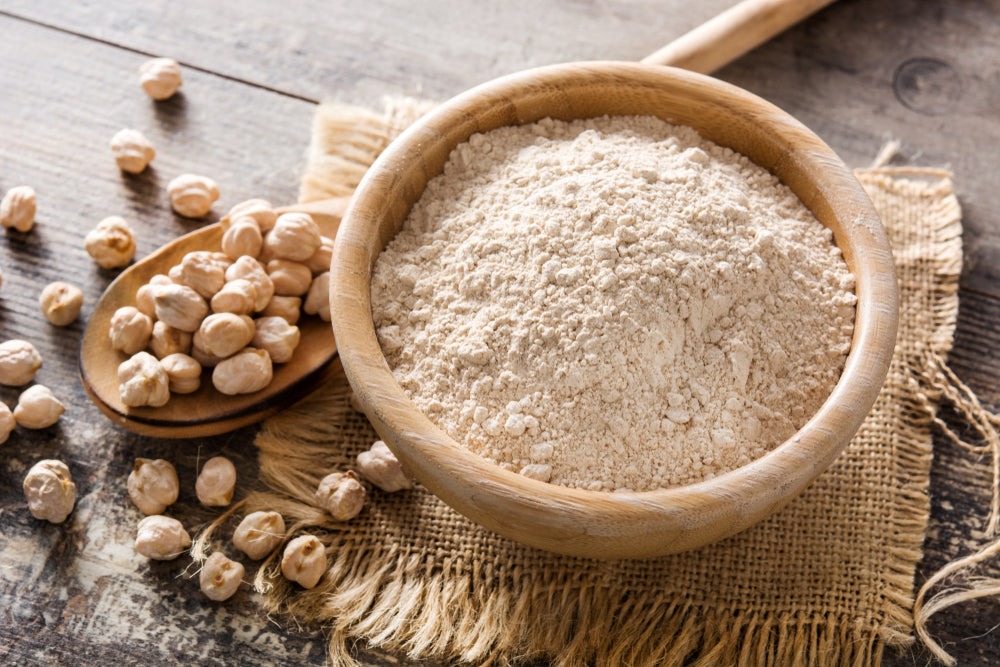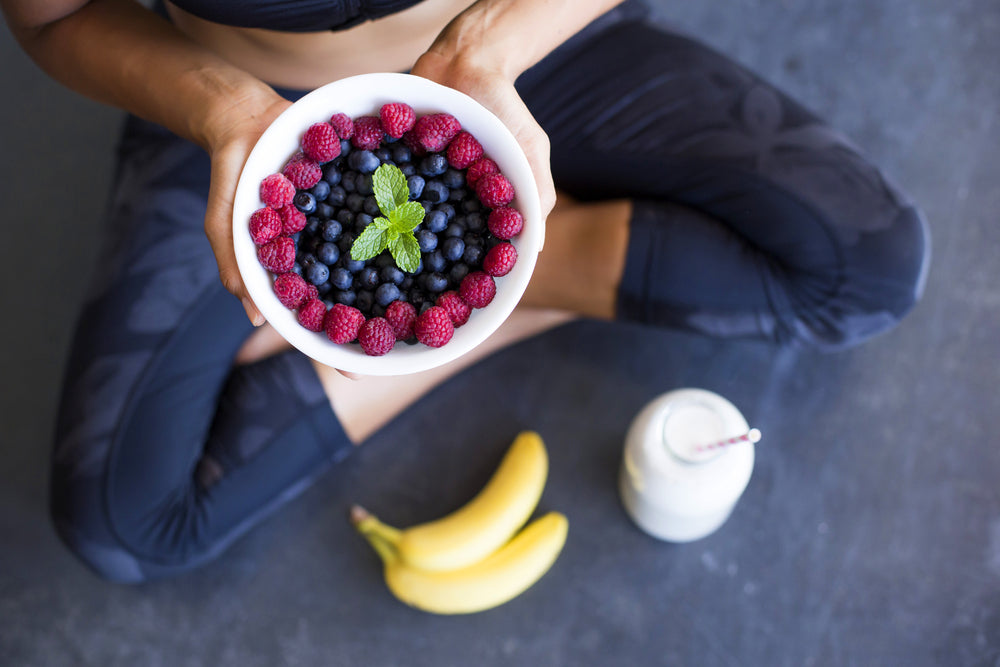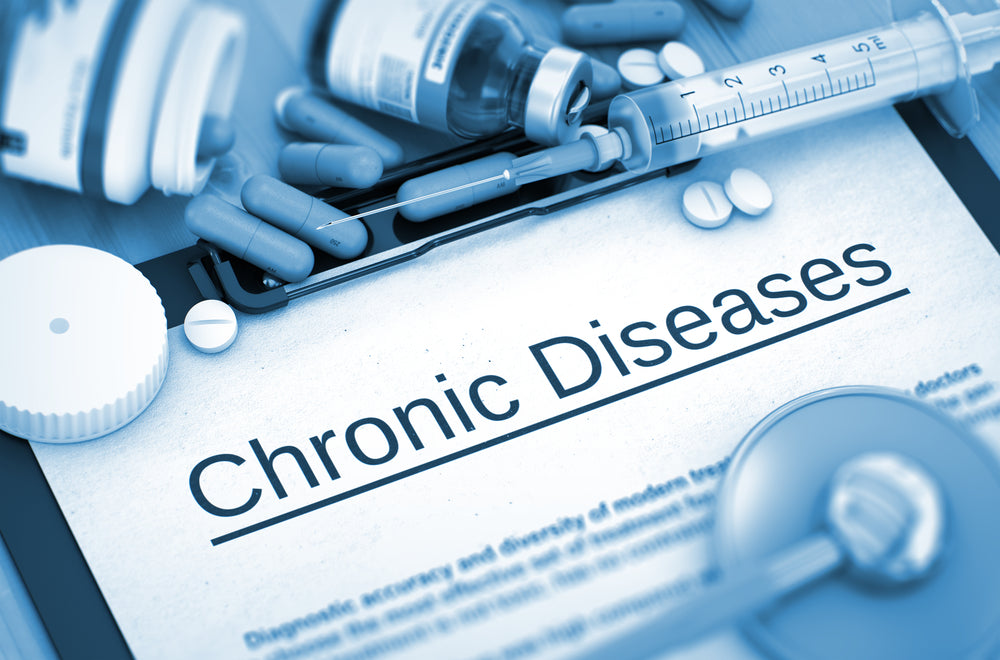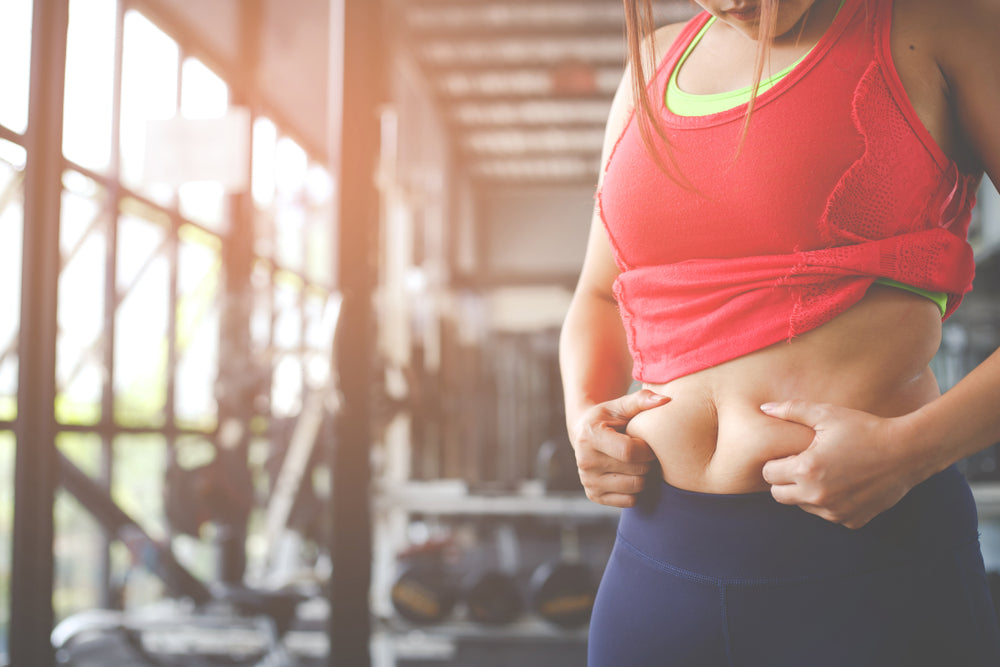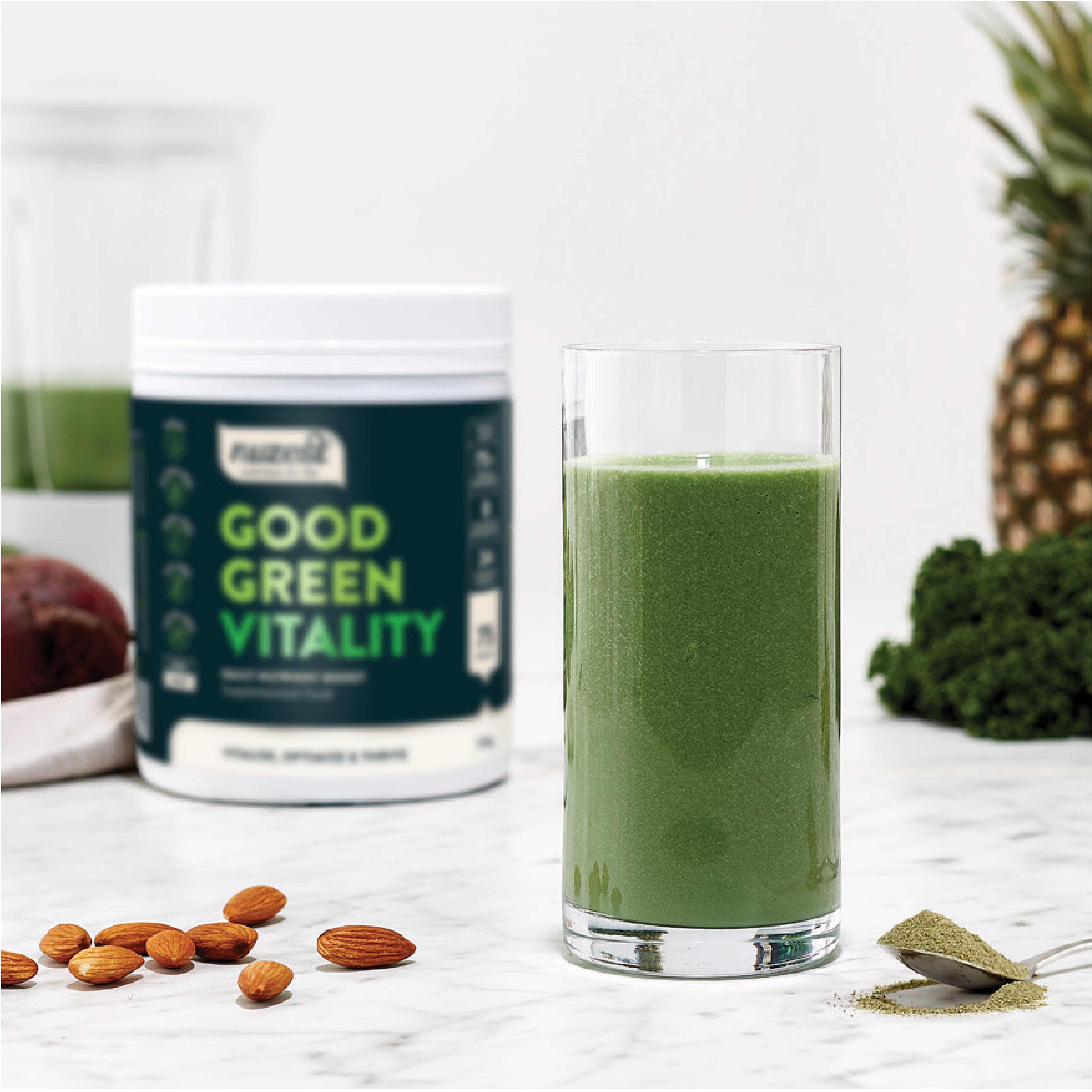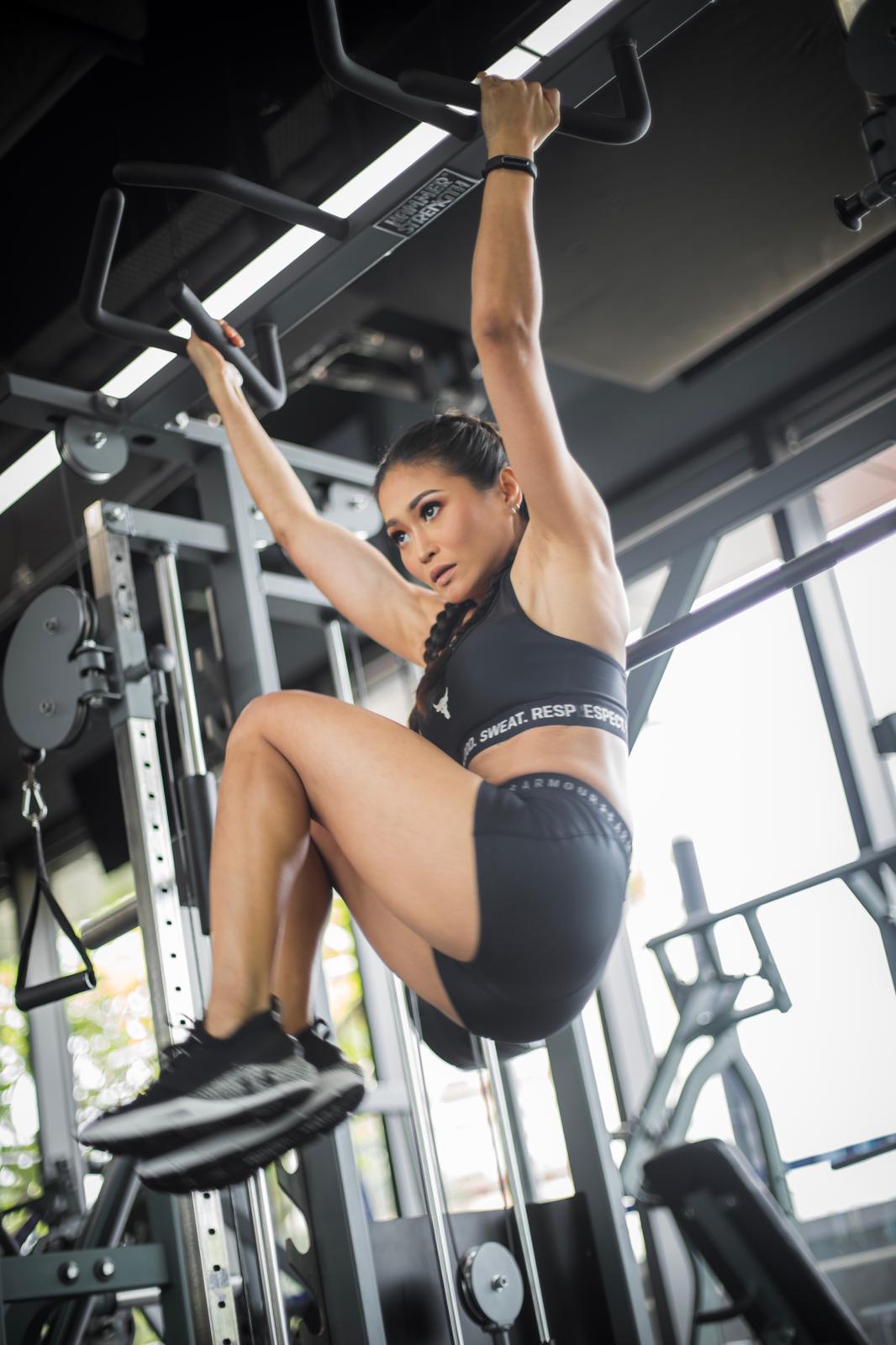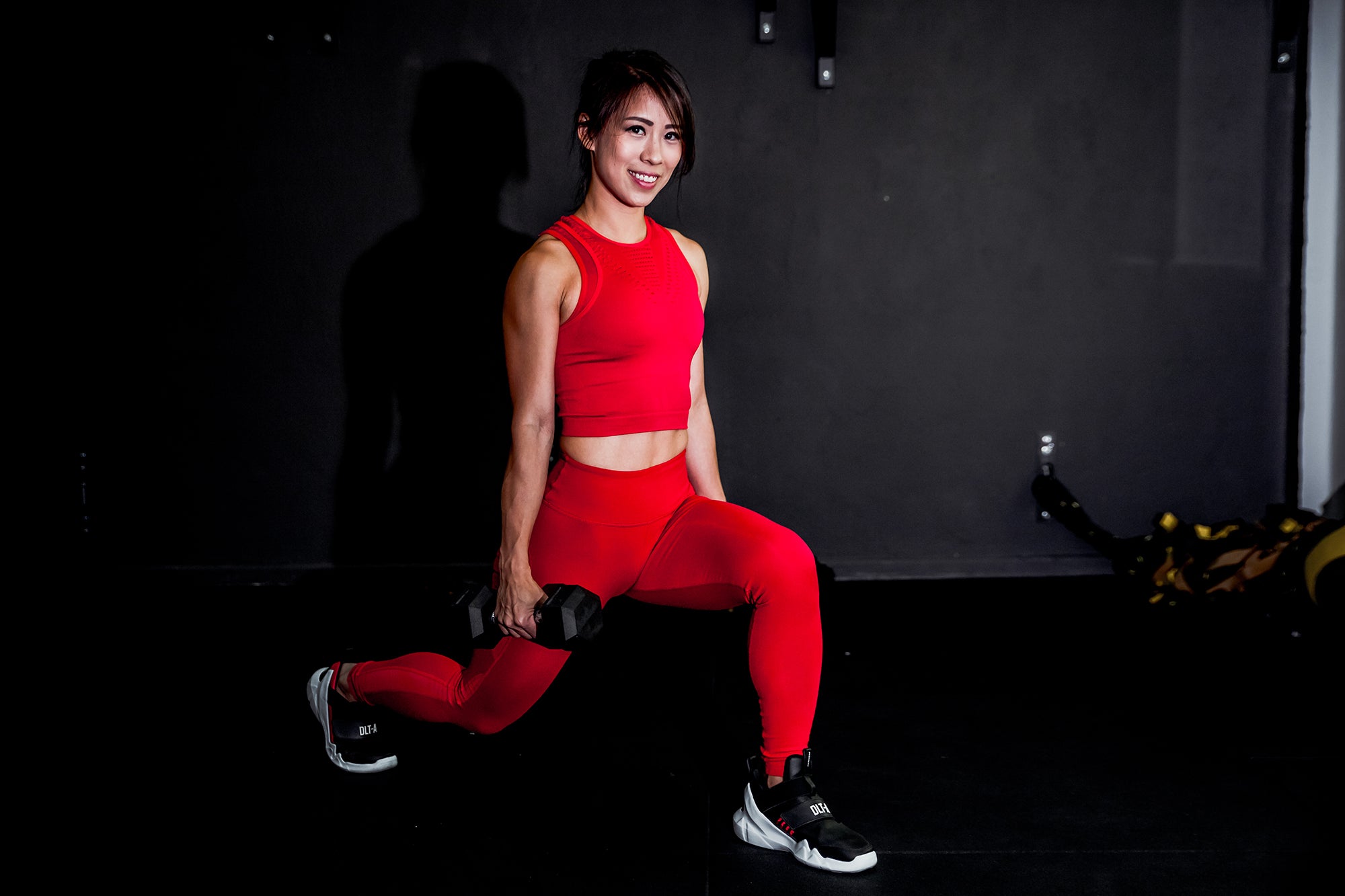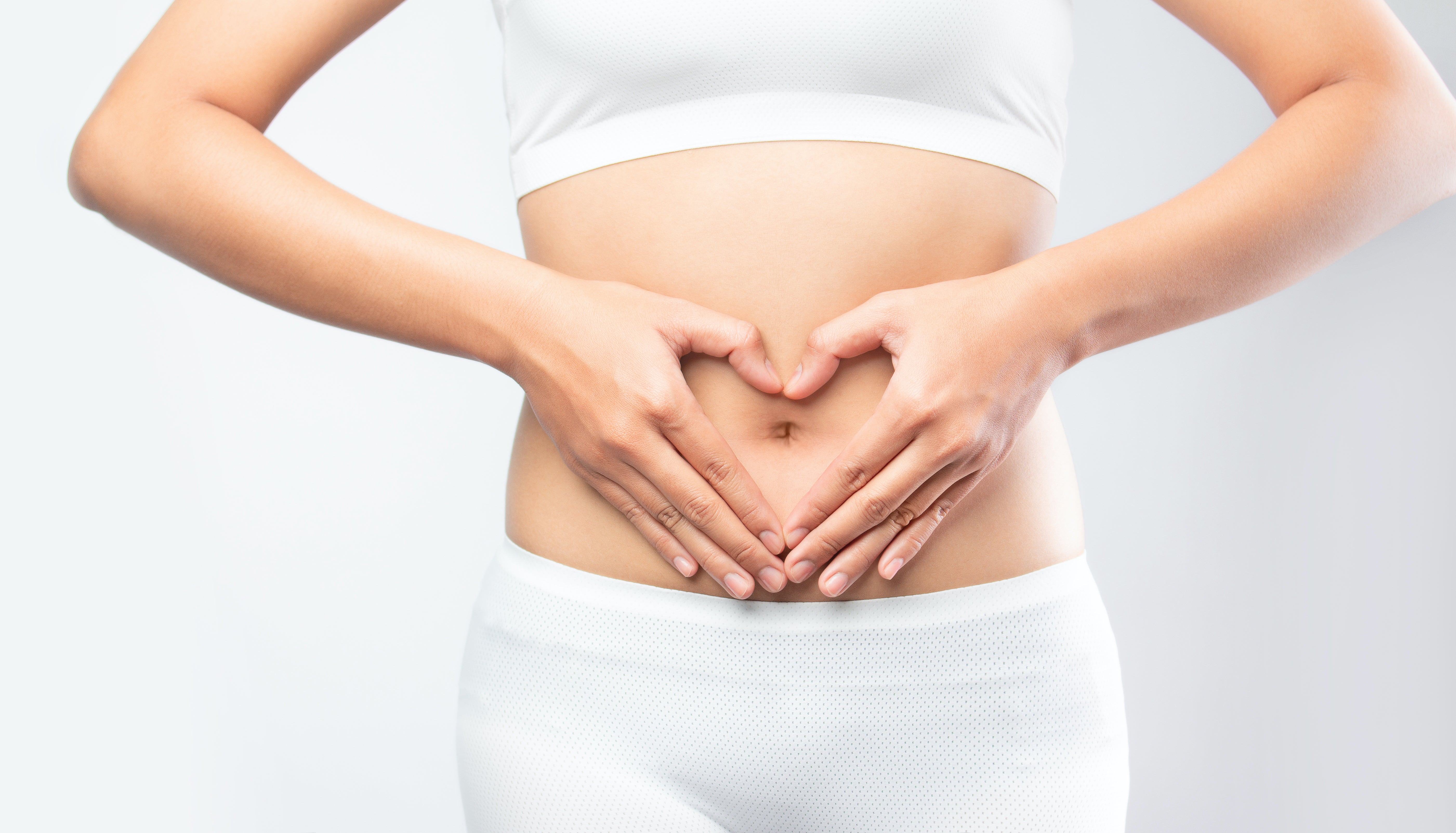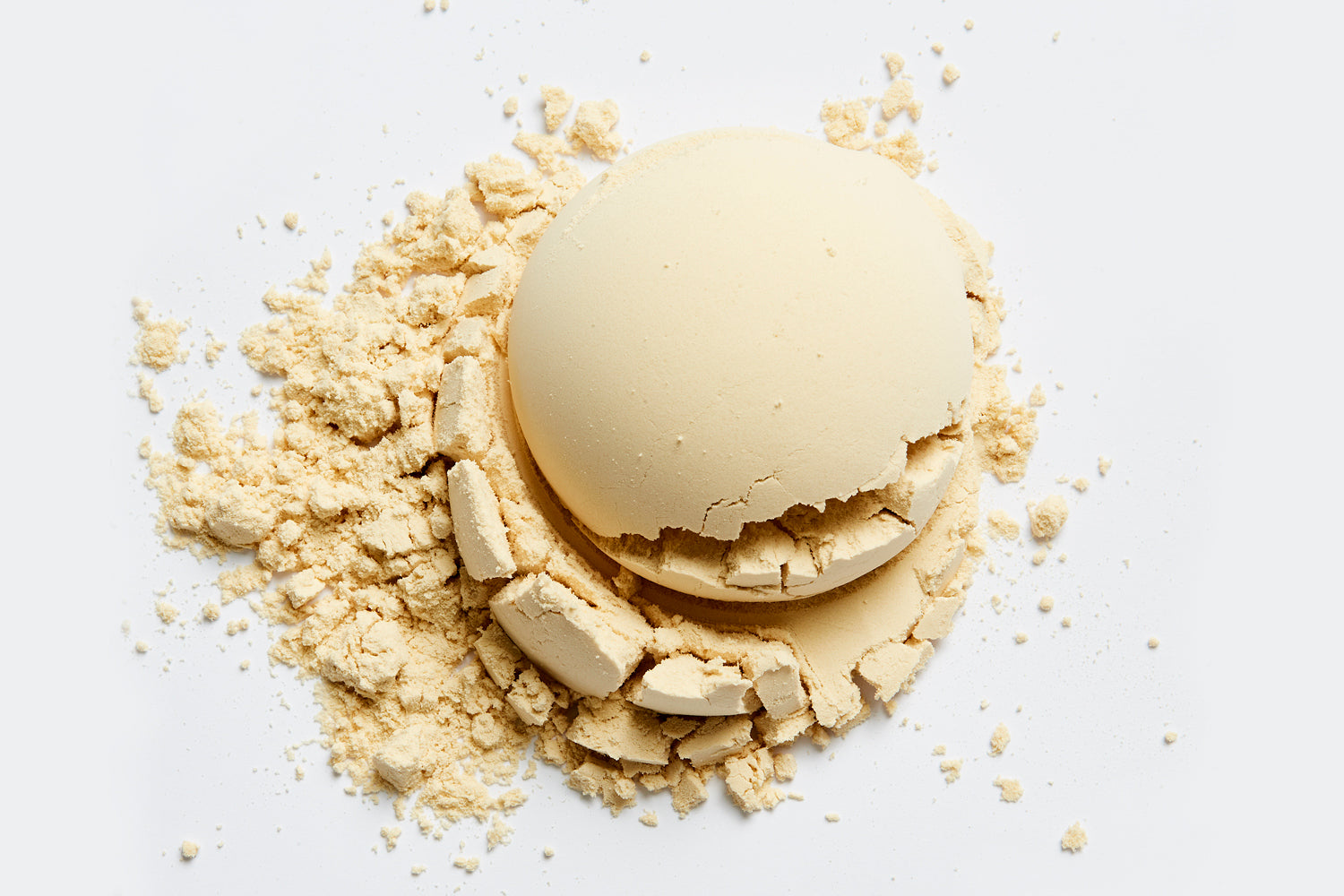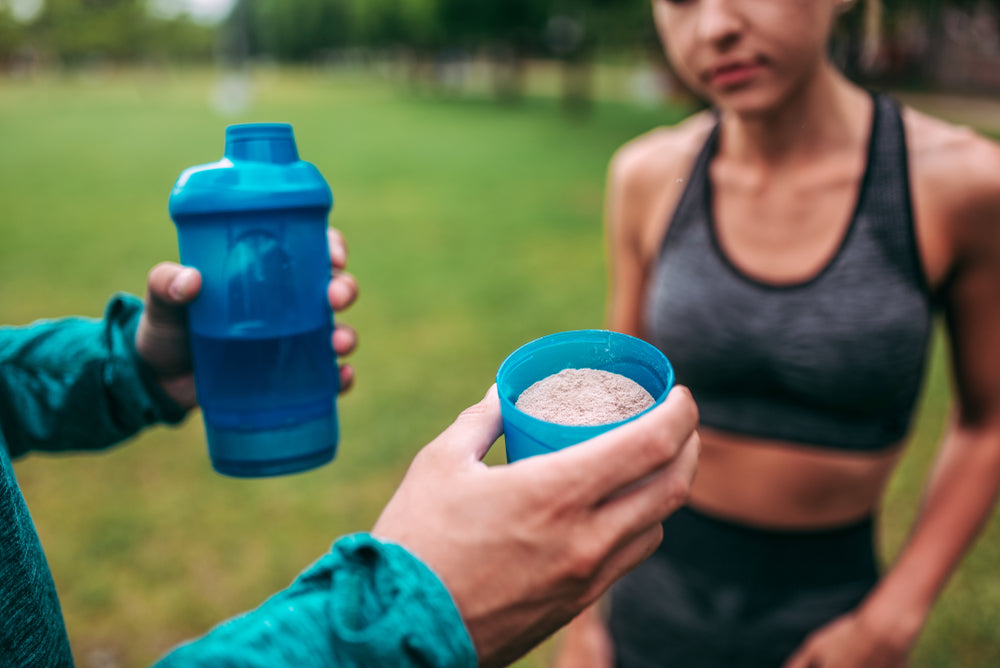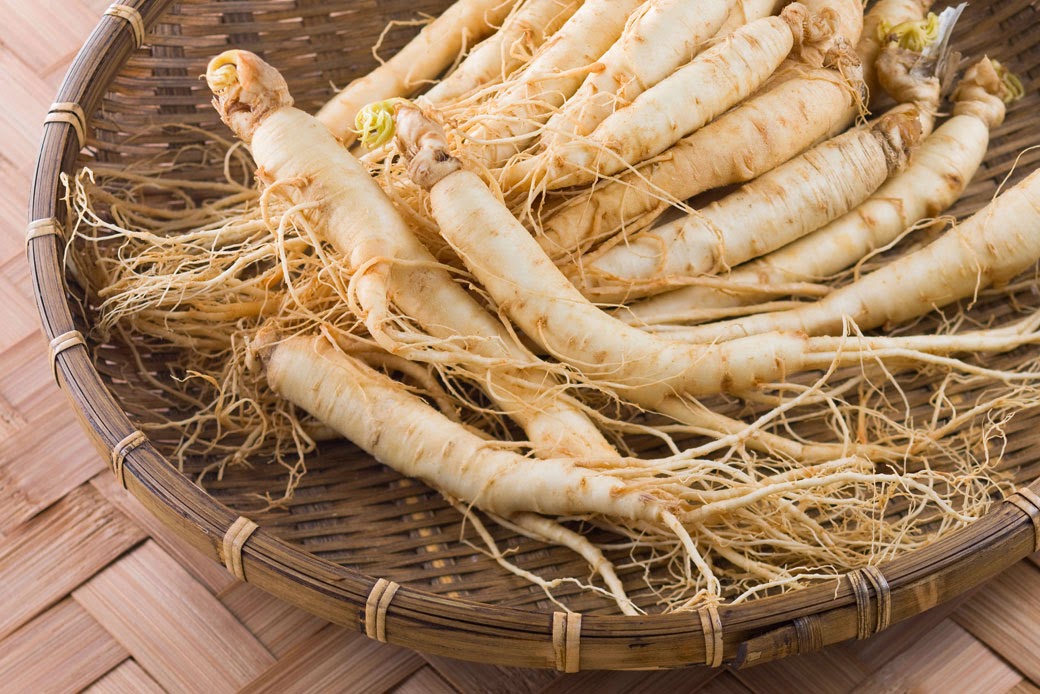'The best sources of protein are from beef or chicken.'
'Eat minimum 6-8 eggs after each workout at the gym.'
'Drink a protein shake and add a drink with BCAA (branched chain amino acids) within 30-minutes of finishing your workout.'
These are some of the tips regarding protein that were given to me, when as a newbie to weights training I asked around for ways to lose body fat, get lean and build muscle definition. While well-intentioned, most of them are dated.
After working through a sports & exercise nutrition certification, here are some protein myths busted for the common person.
Myth #1 Eat more protein and less carbohydrates to lose weight.
While what you eat is important, exercise remains a key part in any weight loss program.
It doesn't matter what you eat (more protein/ less fat/ no carbs), when
Input > output = weight gain
Input < output = weight loss
The logic is simple: as long as we eat more than we burn off, we will gain weight, regardless whether we are eating protein, carbohydrates or fat.
Sorry folks, you can't skip the workout and expect to shed kilos just by cutting down on carbs and increasing protein. In fact, the human body can only absorb 9-12 grams of fat per meal, and excess protein can get converted to fat. Thus, excessive protein intake can end up as abdominal fat, since the body can't absorb too much protein in one go.
Myth #2 There's no such thing as too much protein
As already mentioned previously, too much protein - and of anything - is not good for the body. It's all about balance!
Proteins are converted into amino acids, which are what the body needs to build lean muscle mass and provide energy for our cells.
The average person only needs about 0.8g of protein per kilogrammes of body weight per day. If you're actively exercising each day, your intake should increase to around 1.4g to 2g per kilogrammes of body weight per day. As we age, the amount of protein needed on a daily basis will change.
The most important thing to note is not the quantity of protein, but the quality. The amino acid profile in the protein source matters more than the amount of protein taken. The better quality the protein, the easier the absorption of amino acids and they become more beneficial for the body.
Myth #3 You can't get proteins from vegetables
We already know that there are many sources of plant protein where soy, mushroom, lentils, and beans are some of the more commonly known ones.
Another good source of plant protein is pea, especially European golden pea.
Nuzest's Clean Lean Protein is made from European golden pea isolate and contains up to 90% protein, making it the highest protein content supplement available. A single serve of Clean Lean Protein provides between 45% to 120% of the daily requirements for all nine essential amino acids.
The pea protein used for Clean Lean Protein is extracted through a natural enzyme process at low temperatures under water. This preserves the protein integrity and quality.
Myth #4 Soy is the best plant protein
Protein is protein - your body can't differentiate between the source.
However, what makes one source of protein better than another is the other stuff - or lack thereof - in it.
What other stuff? Things like allergens, GMOs, artificial flavourings, sweeteners, and anti-nutrients such as phytic acid. The latter binds minerals and prevents their absorption by the body.
Although soy is a common vegetable protein, most soy in the world are hybrid aka GMO. Additionally, most soy protein on the market contains artificial flavourings as well as added sweeteners.
So when buying plant-based protein, look at the label and choose one that is free of allergens, is non-GMO, and contains no artificial flavours, sweeteners, colours or preservatives.
Myth #5 Our bodies need protein at every meal
While our body does require amino acids for energy & muscle maintenance, it's not necessary to pack it in at every meal with a serving of meat.
Almost all foods have some protein in it. And remember, protein is protein, which our body doesn't differentiate.
Hence, as long as we eat balanced meals that consist of fresh, whole foods, we are well covered for our daily requirements of essential amino acids.
This article was contributed by the fantastic Patricea Chow
Follow her on Instagram @patriceachow
LinkedIn https://www.linkedin.com/in/patriceachow/
Also her website http://patricea.com/
Use her exclusive discount code for 15% off - PC15 at checkout


